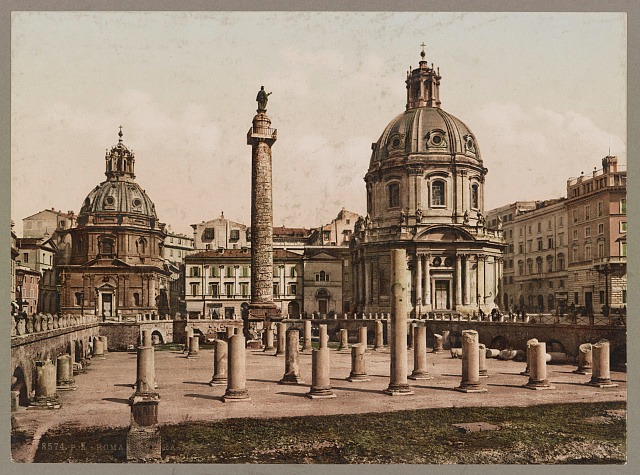These colorful snapshots from the 1890s offer a lively look at Rome’s everyday life and historic sites. While the city was just starting to experience modern changes like horse-drawn carriages and new engineering marvels, it still boasted its ancient glory.
Imagine cobblestone streets near the Pantheon and famous spots like the Roman Forum and Trevi Fountain, all shown without the usual throngs of tourists.
Though these images might seem like standard photographs, they’re actually created using a technique called Photochrom. This method added bright, precise colors to black-and-white photos, bringing the past to life in vivid detail.
From Papal Power to Renaissance Splendor: The Evolution of Rome Through the Ages
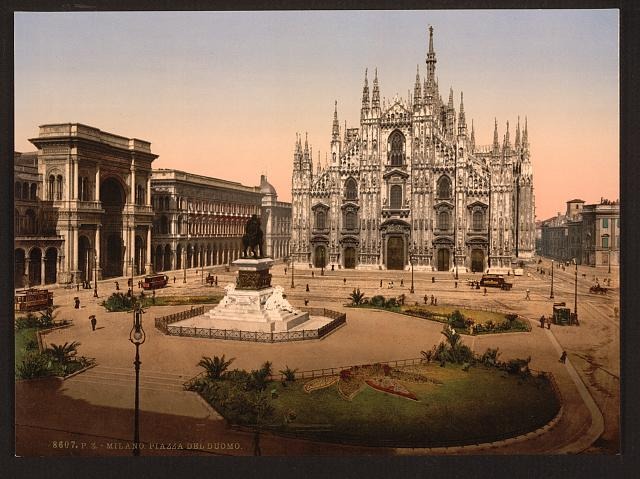
Following the fall of the Western Roman Empire, the city of Rome entered a new era known as the Middle Ages. By the 8th century, Rome had come under the control of the Papacy and became the capital of the Papal States, a role it maintained until 1870.
During the Renaissance, popes embarked on an ambitious architectural and urban project that spanned over four centuries. Their goal was to transform Rome into the world’s leading artistic and cultural hub.
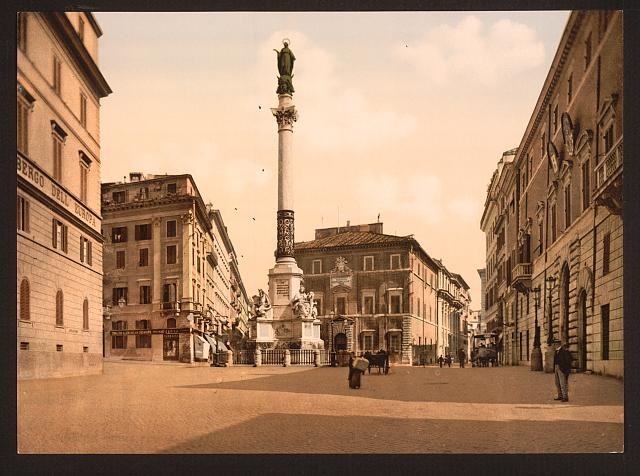
Rome flourished as a major Renaissance center and went on to birth the Baroque style and Neoclassicism. Artists, painters, sculptors, and architects flocked to the city, leaving behind a wealth of masterpieces.
By the late 19th century, Rome had become a sought-after destination. Its ancient ruins captivated romantics who were drawn to the city’s rich history and beauty.
For students and art enthusiasts, Rome served as an open-air museum, blending ancient ruins with Christian and modern landmarks.
Exploring More Old Color Photographs of 1890s Rome
These stunning color photos from the Photochrom collection at the Library of Congress beautifully showcase Rome’s timeless allure. They highlight the city’s lasting charm and rich history.
Favored by travelers, these images were commonly turned into postcards or displayed publicly, preserving the essence of Rome’s landmarks and daily life.
1. Outside the Coliseum
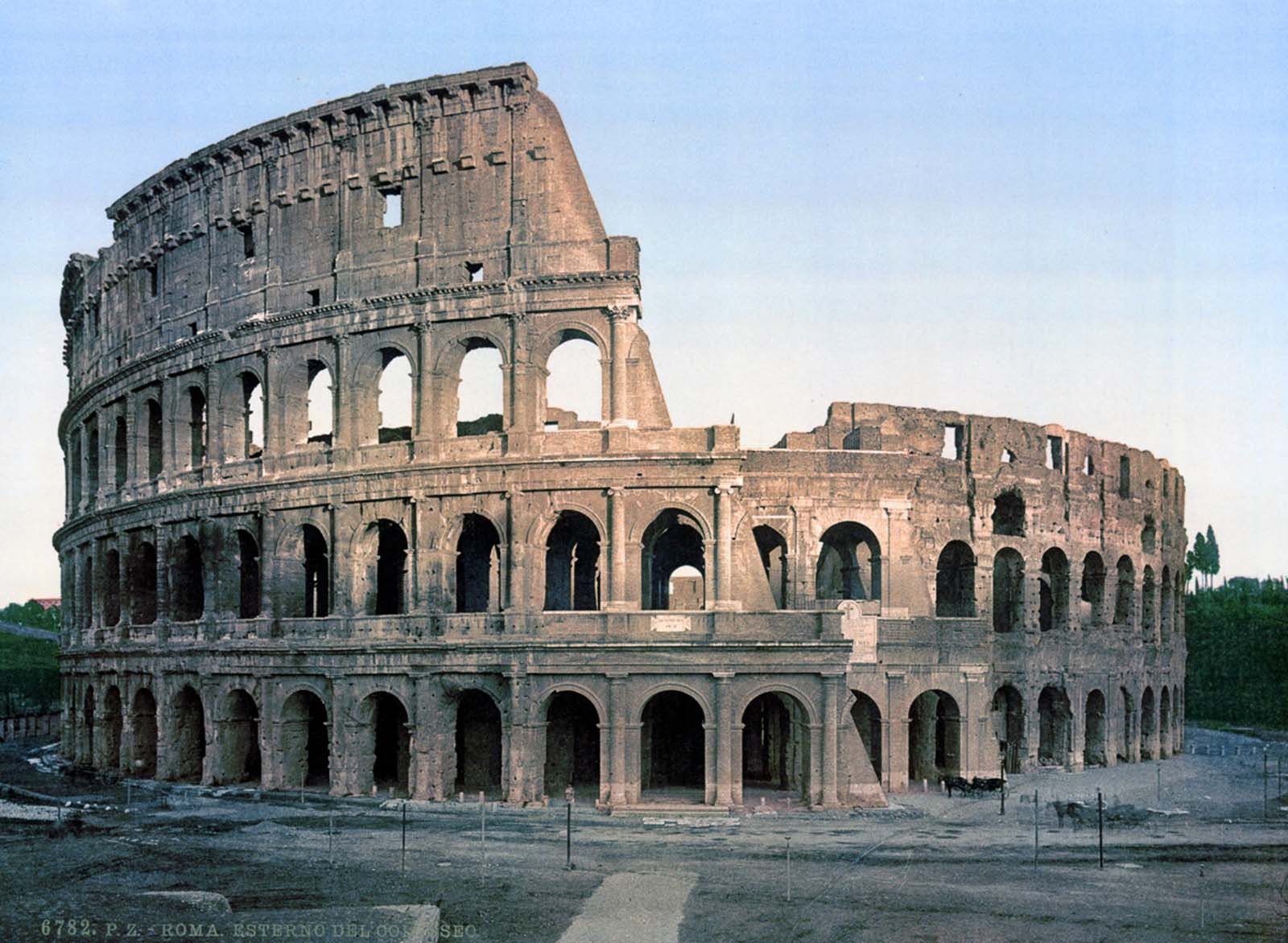
2. The Triumphal Arch of Titus
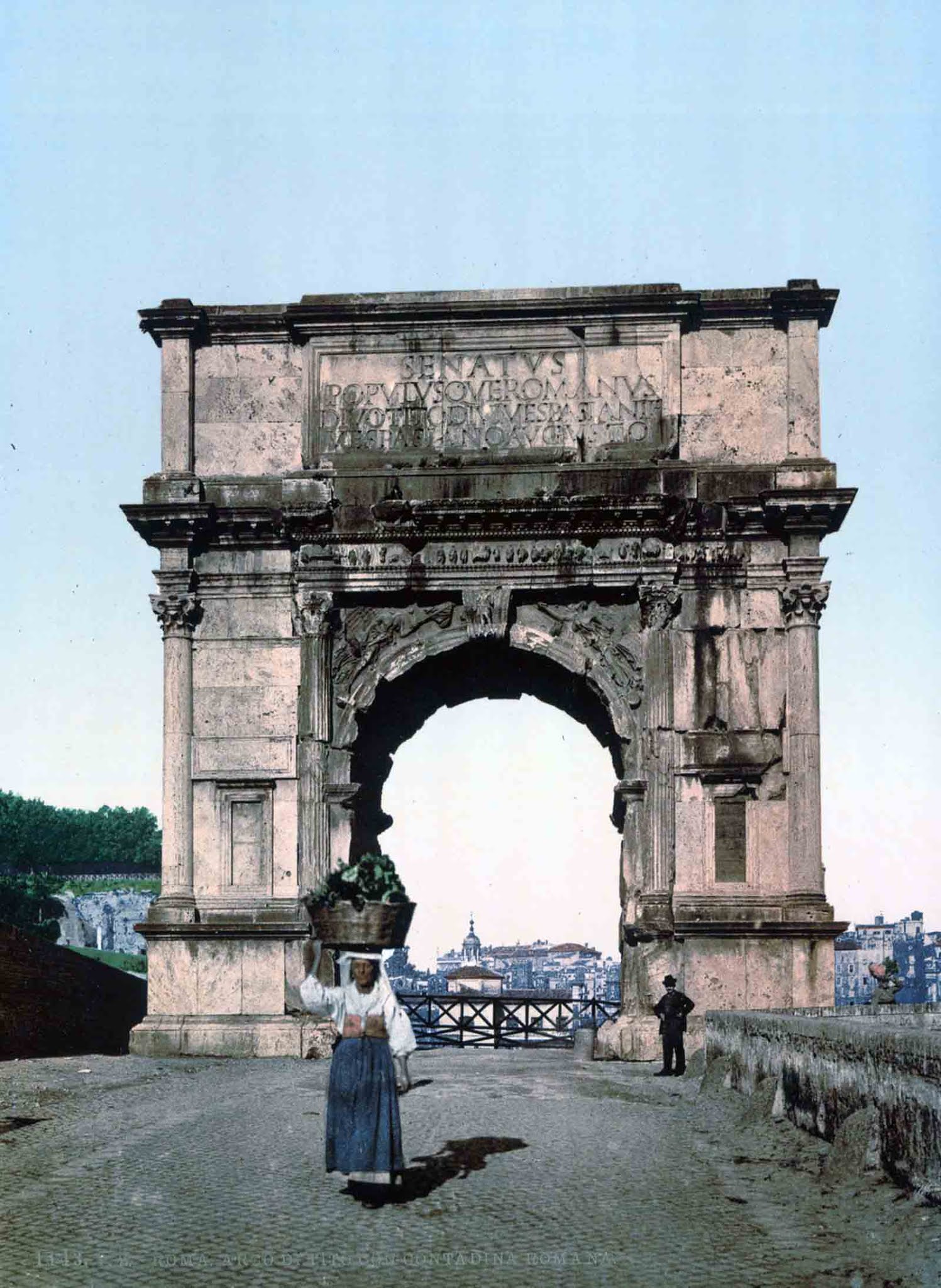
3. Piazza di Minerva
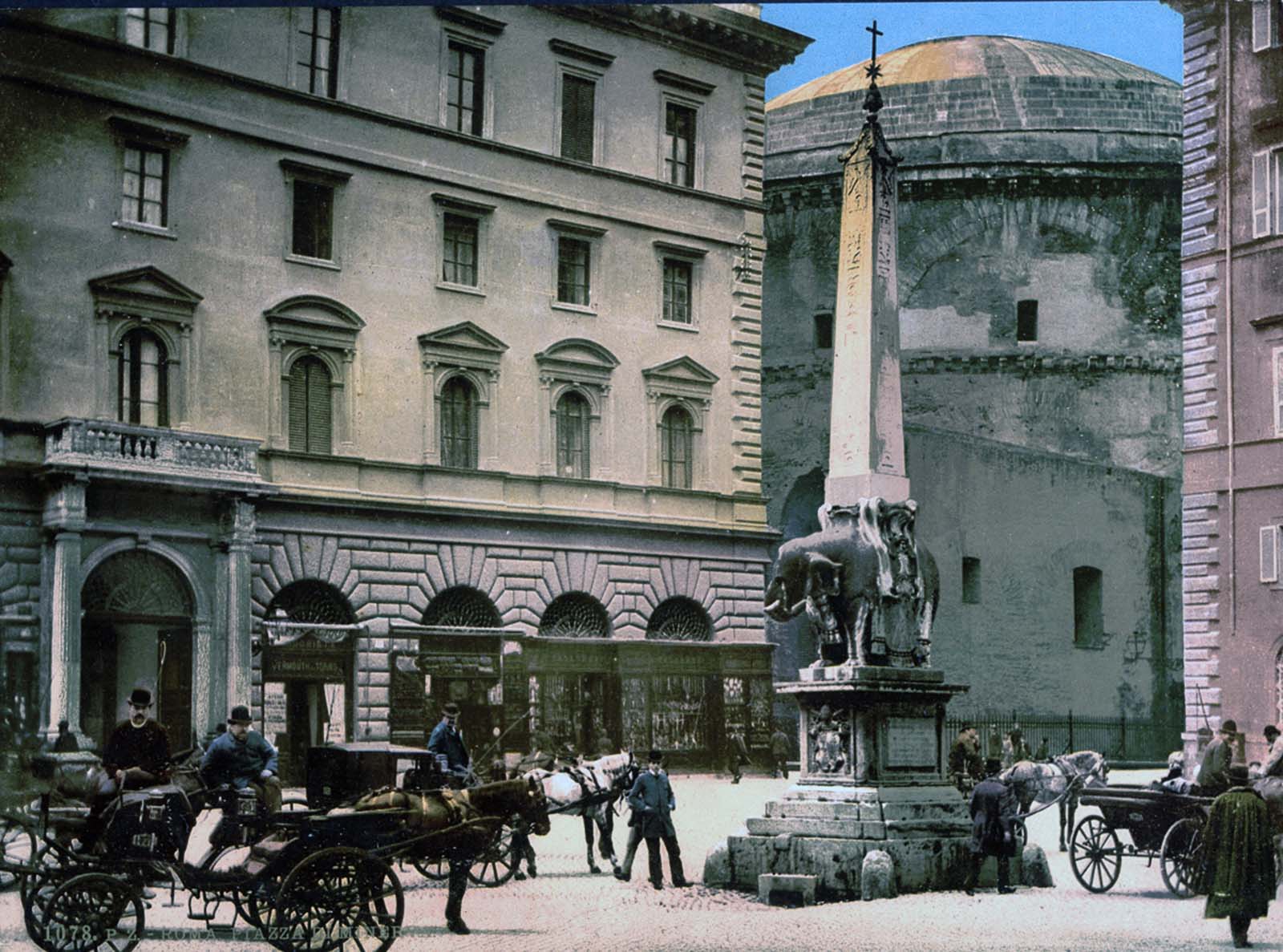
4. A street scene
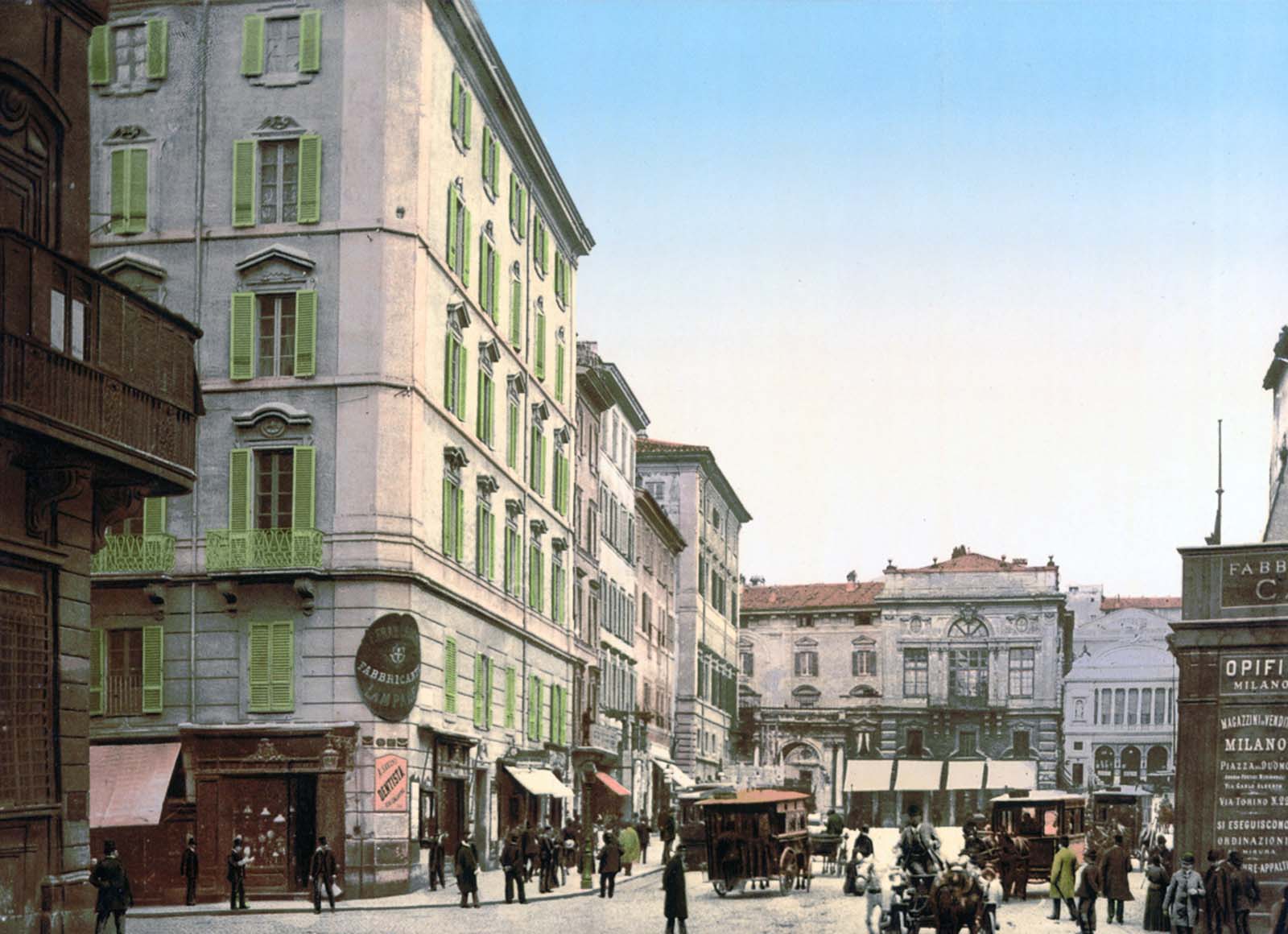
5. St. Trinita dei Monti
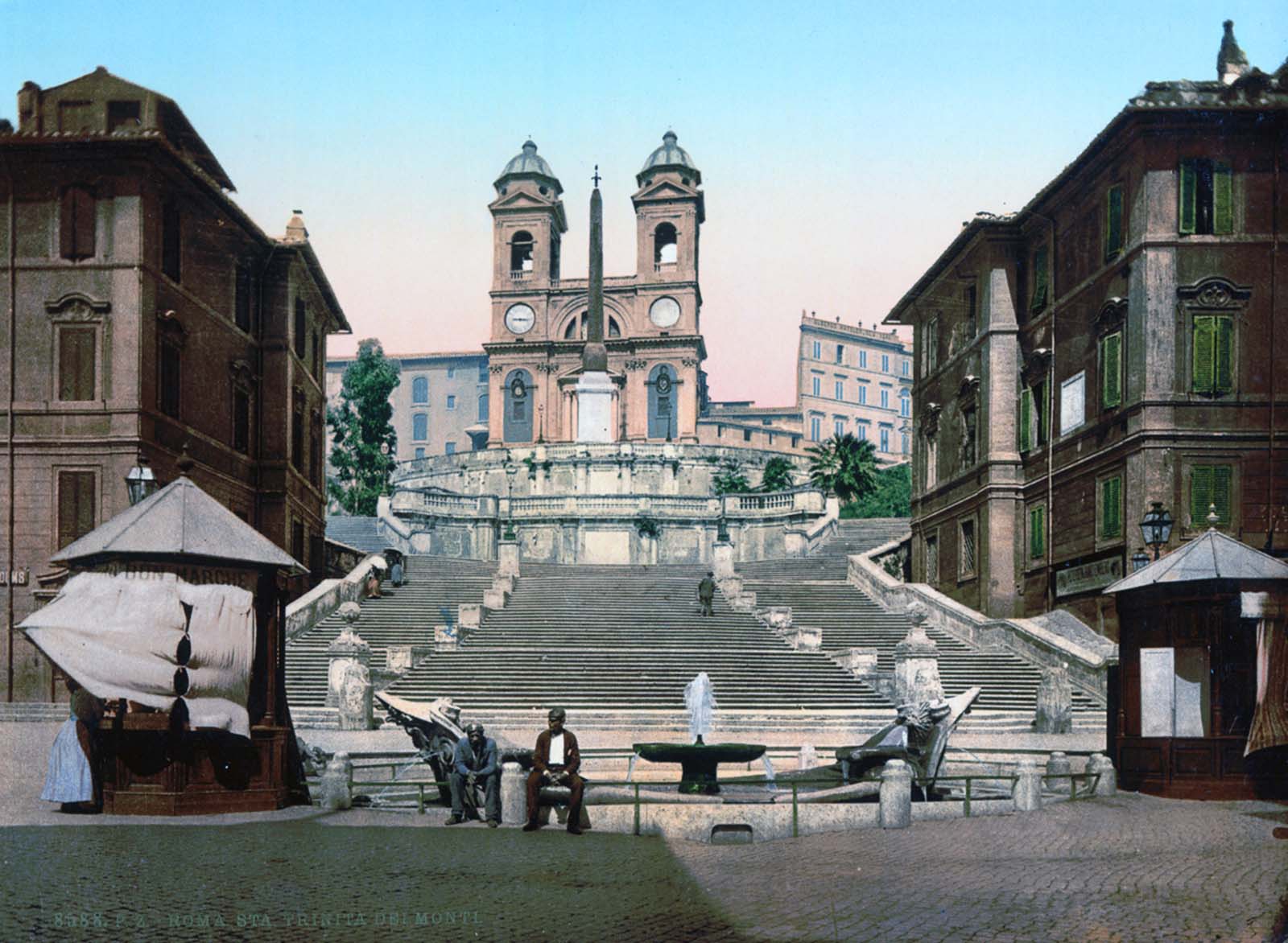
6. St. Peter’s Place
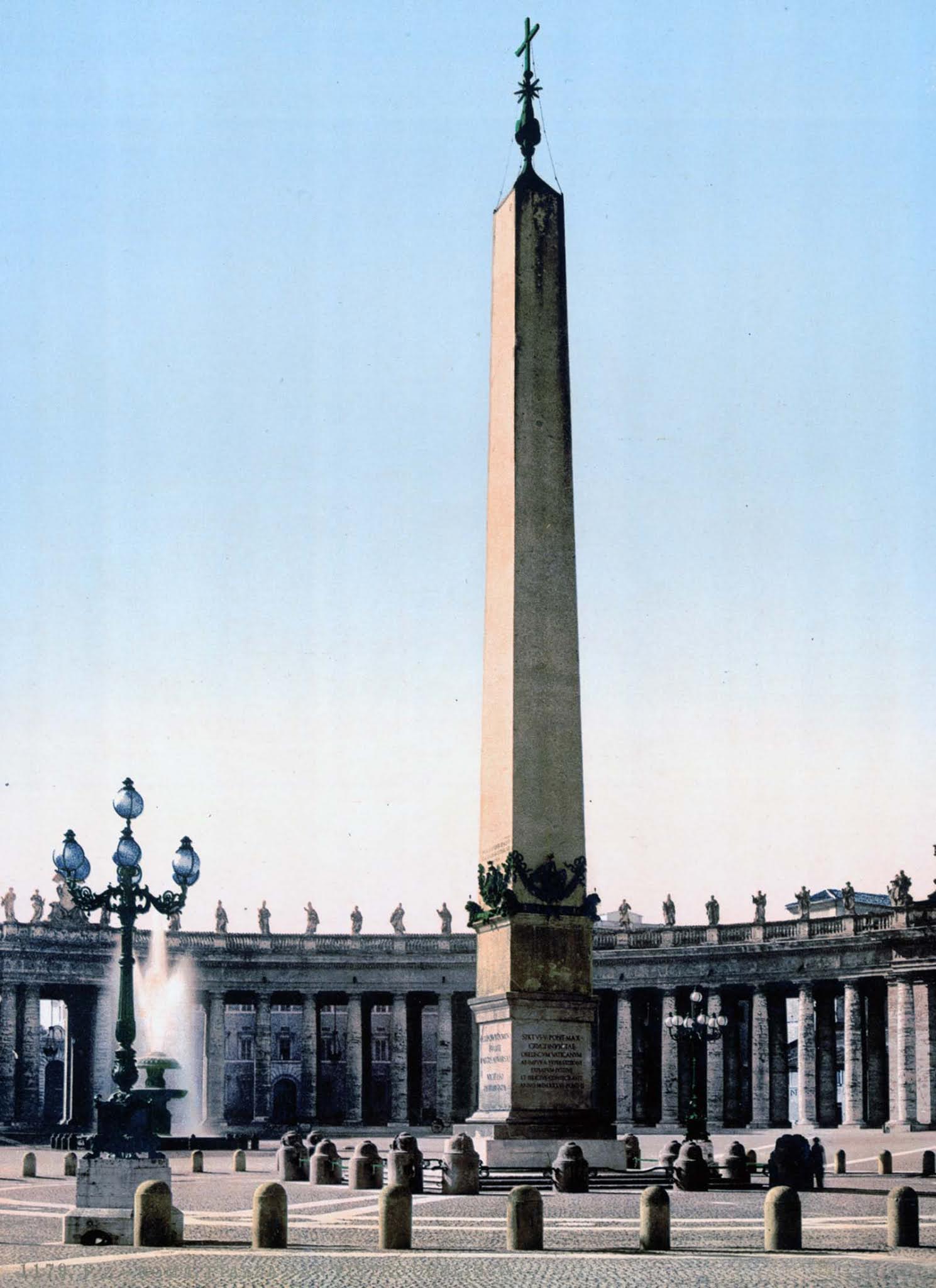
7. The Piazza del Popolo
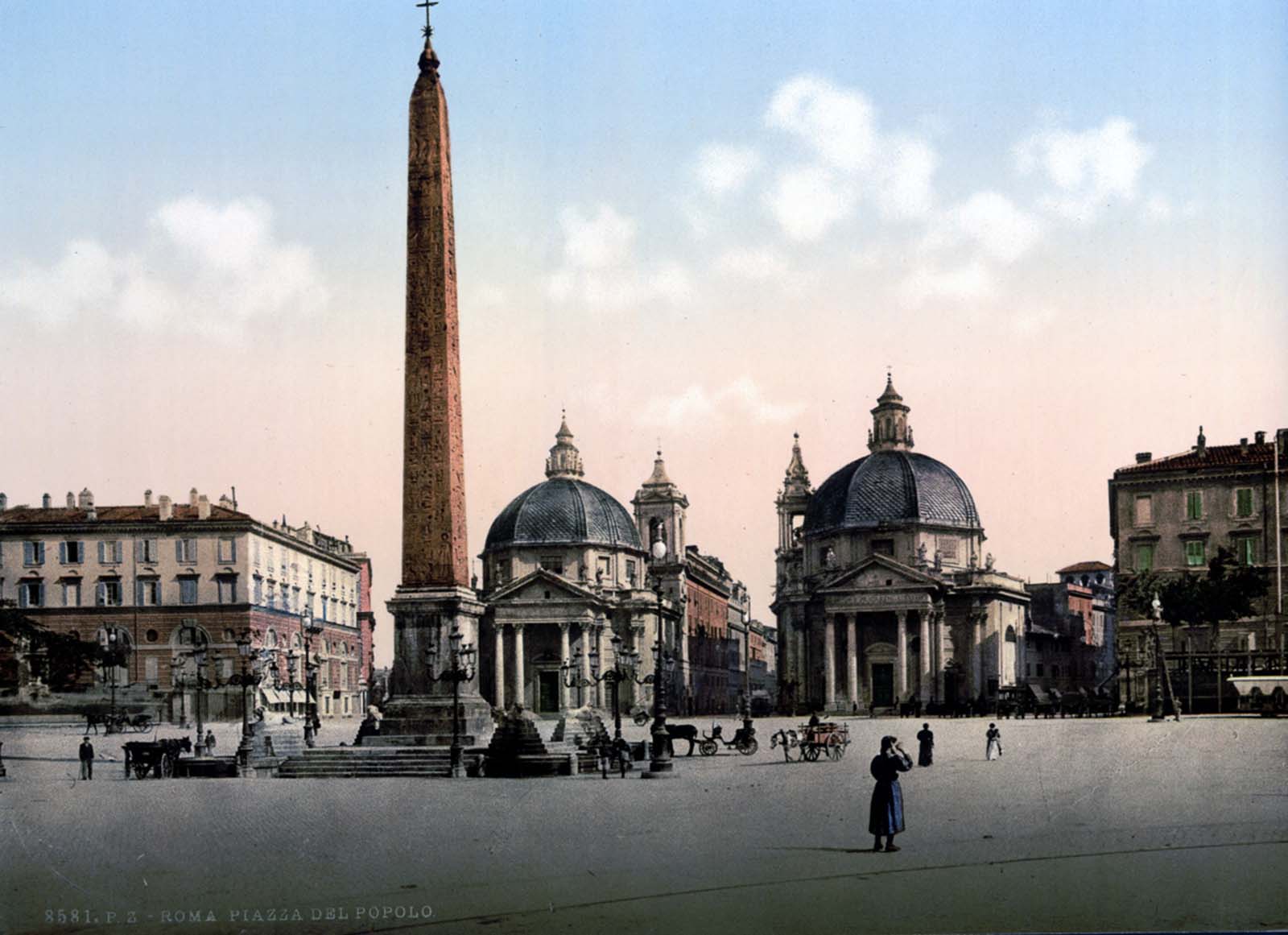
8. The Pyramid of Cestius at St. Paul’s Gate
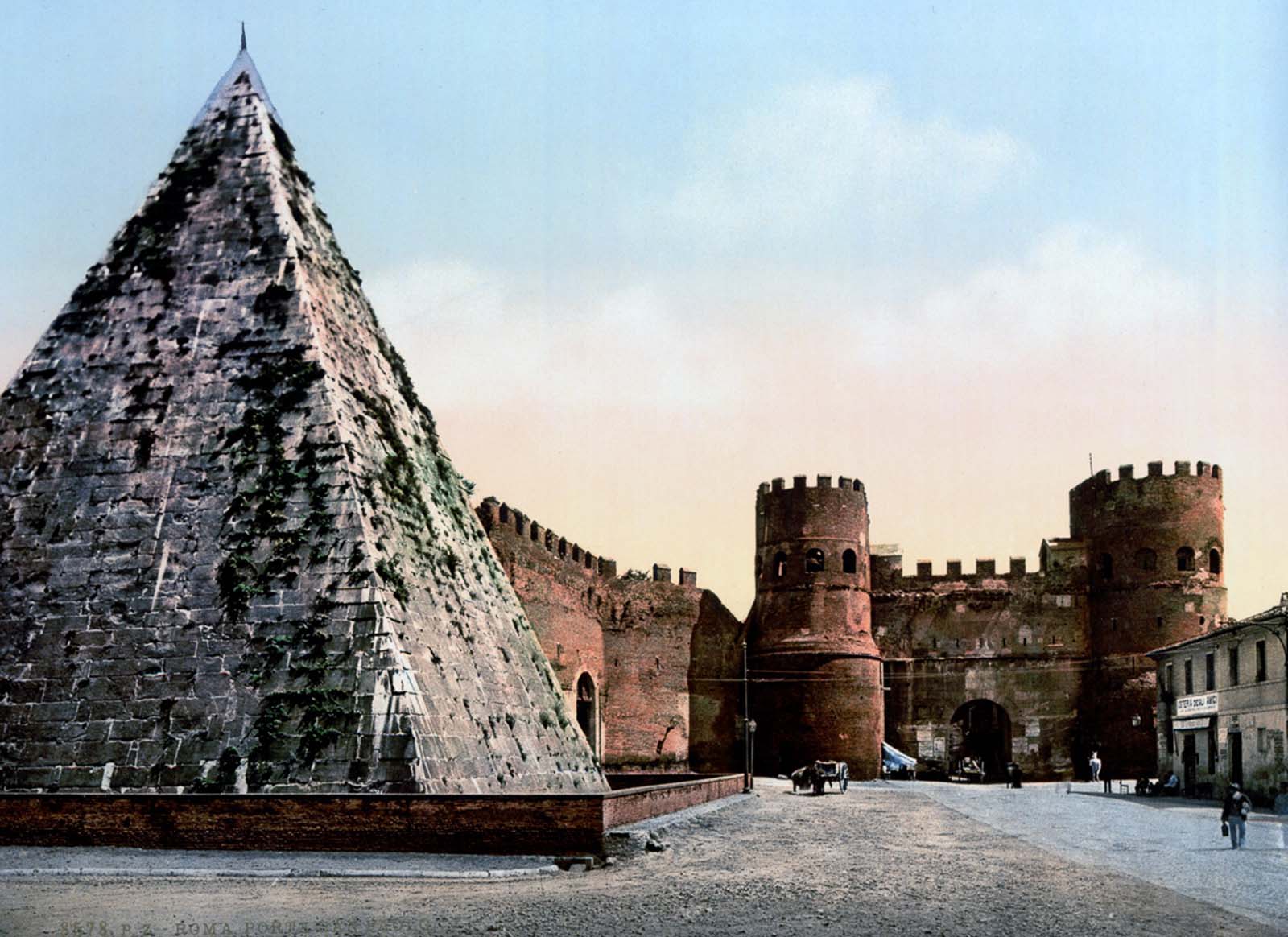
9. A view from the Palatine
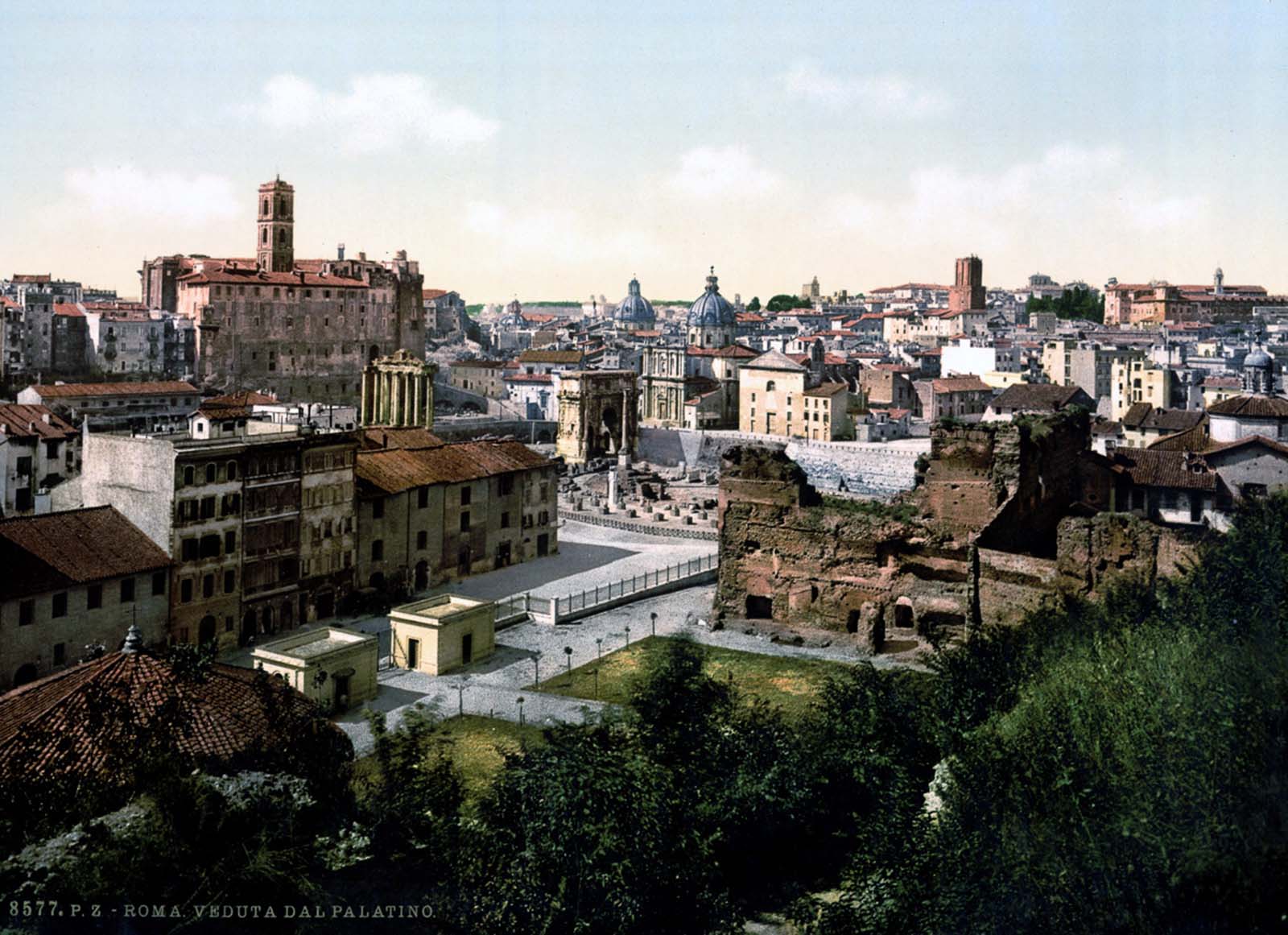
10. A view from the Palace of the Caesars
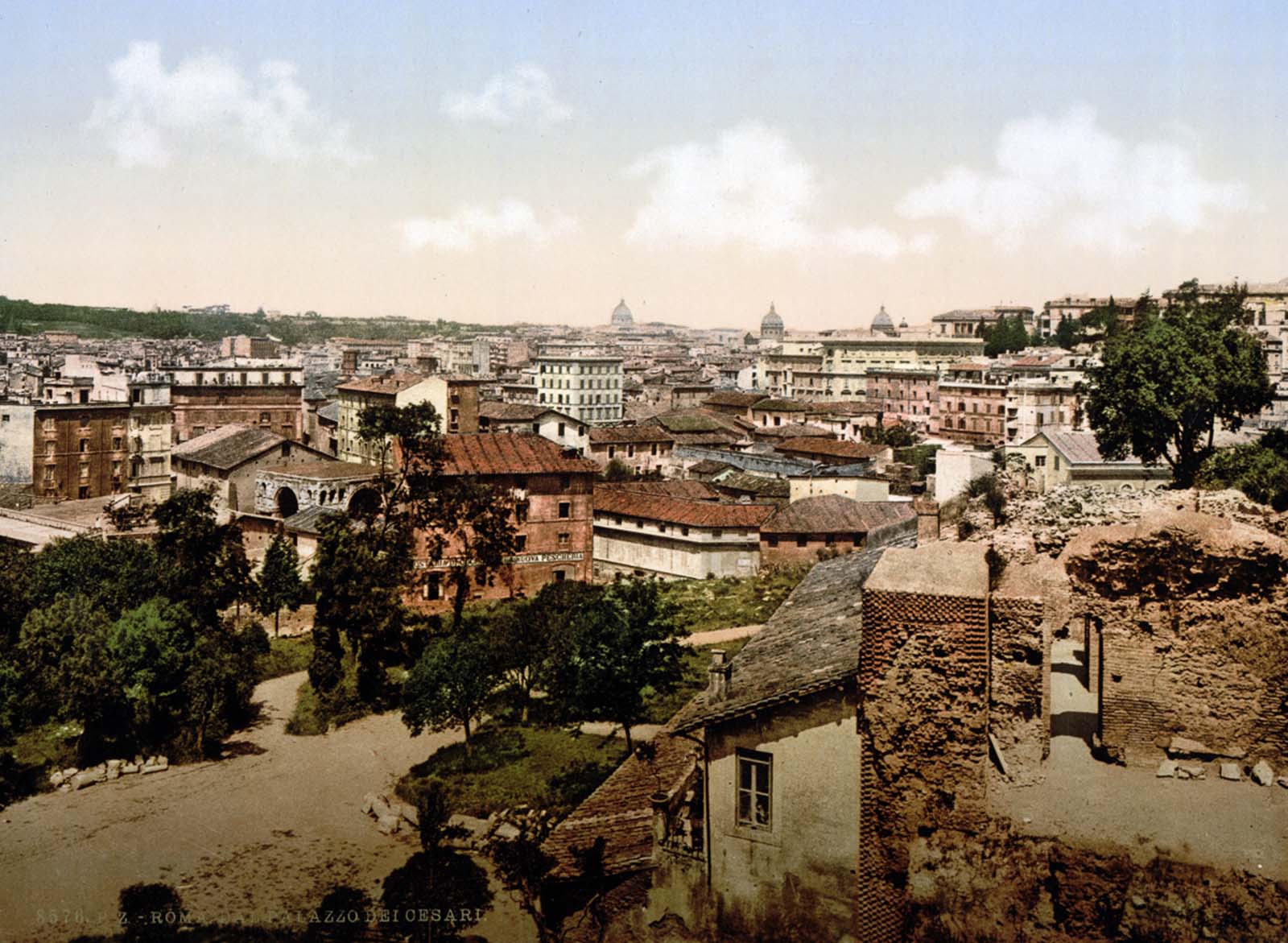
11. The Fountain of Trevi
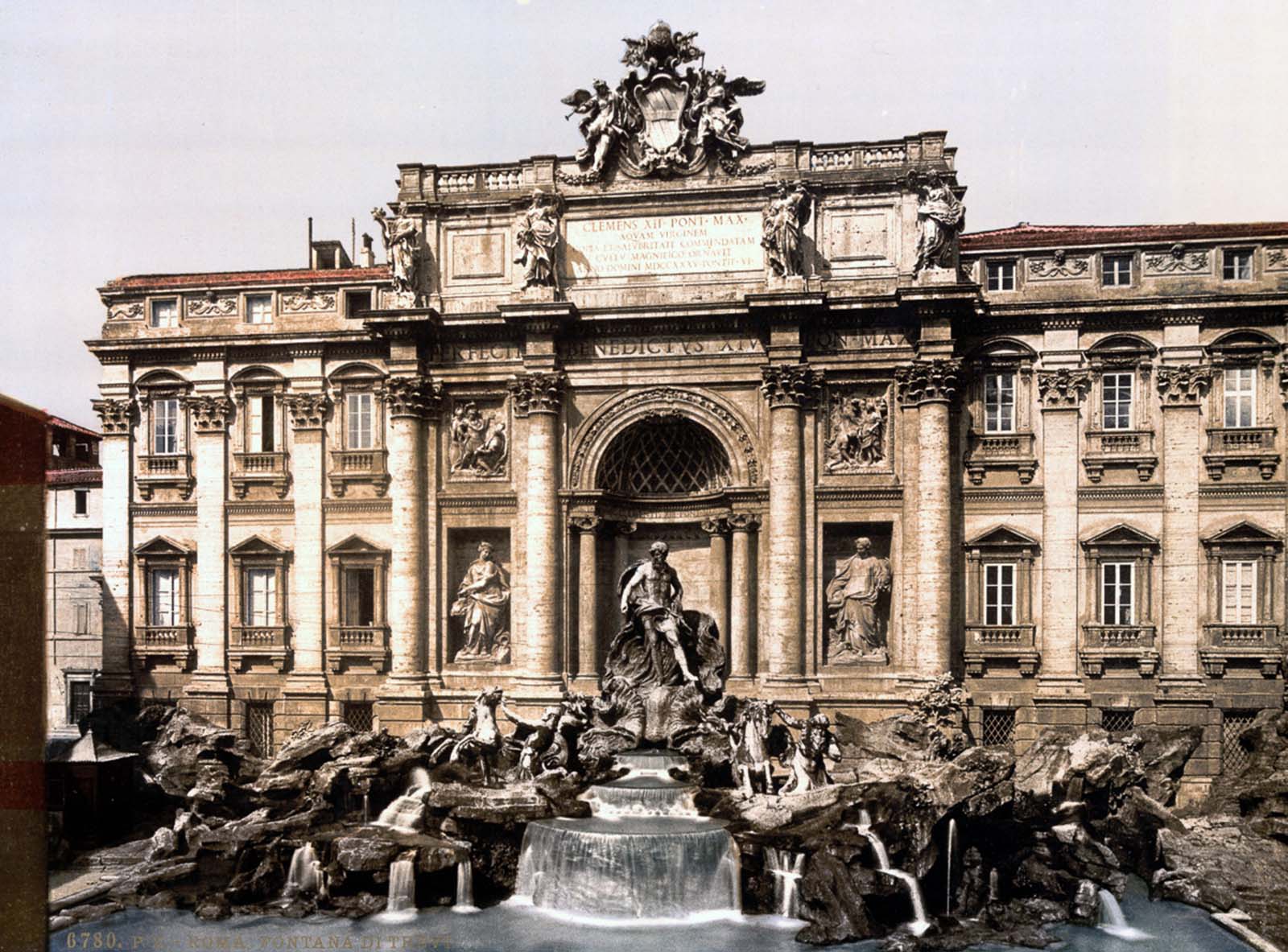
12. Inside St. Paul’s
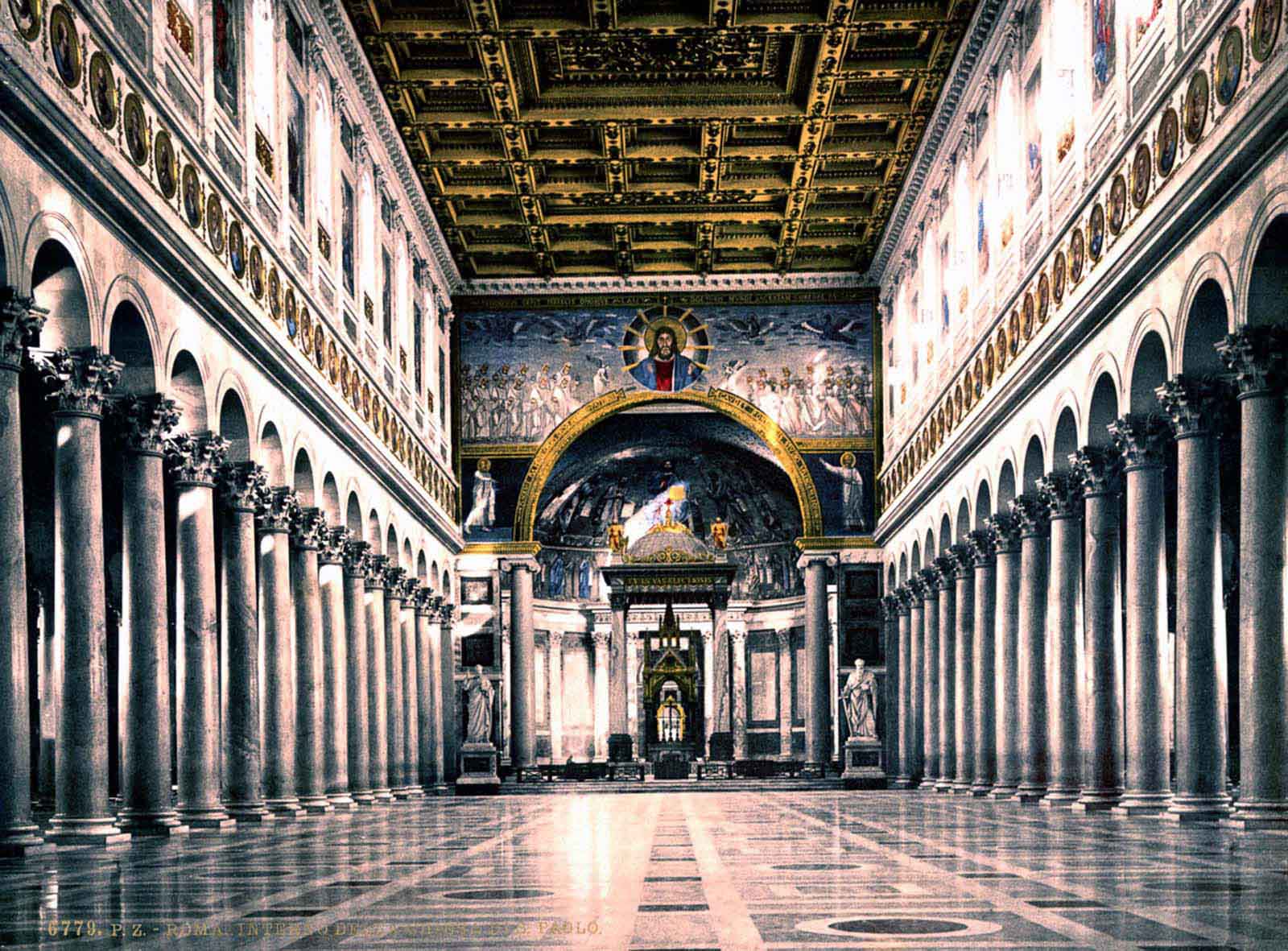
13. The Acqua Felice fountain
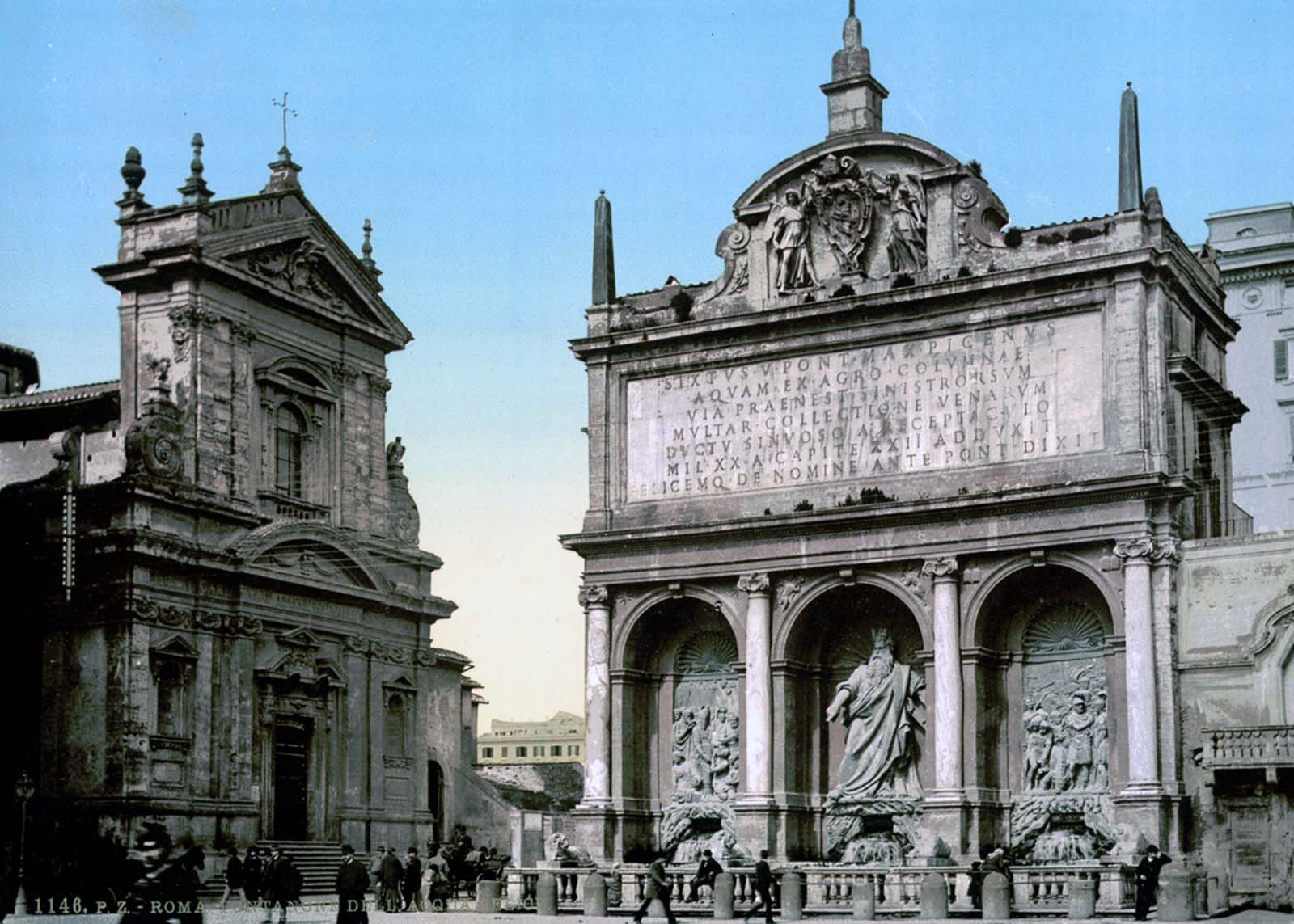
14. Vesta’s Temple
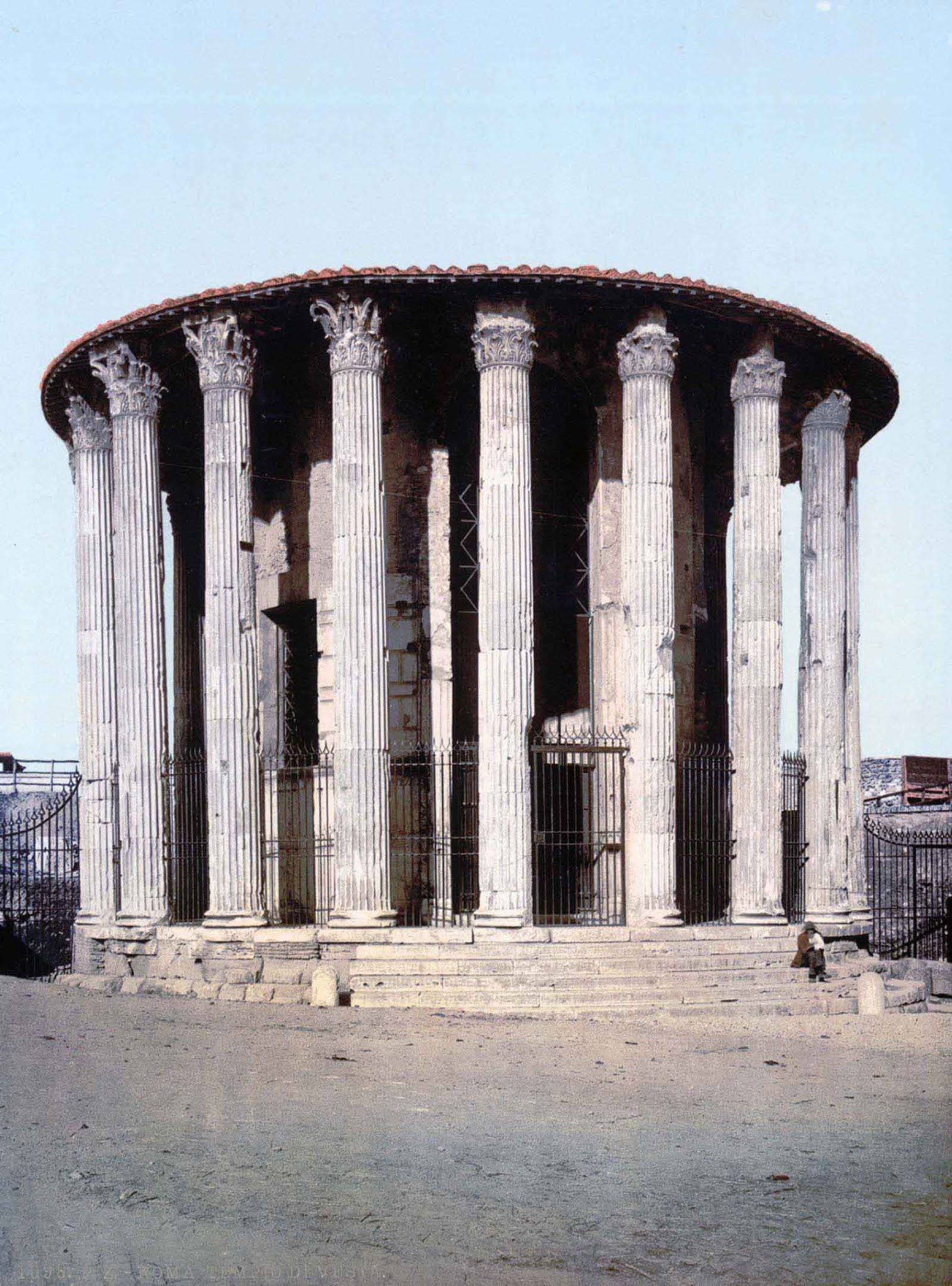
15. The Forum Romanum from the Palatine
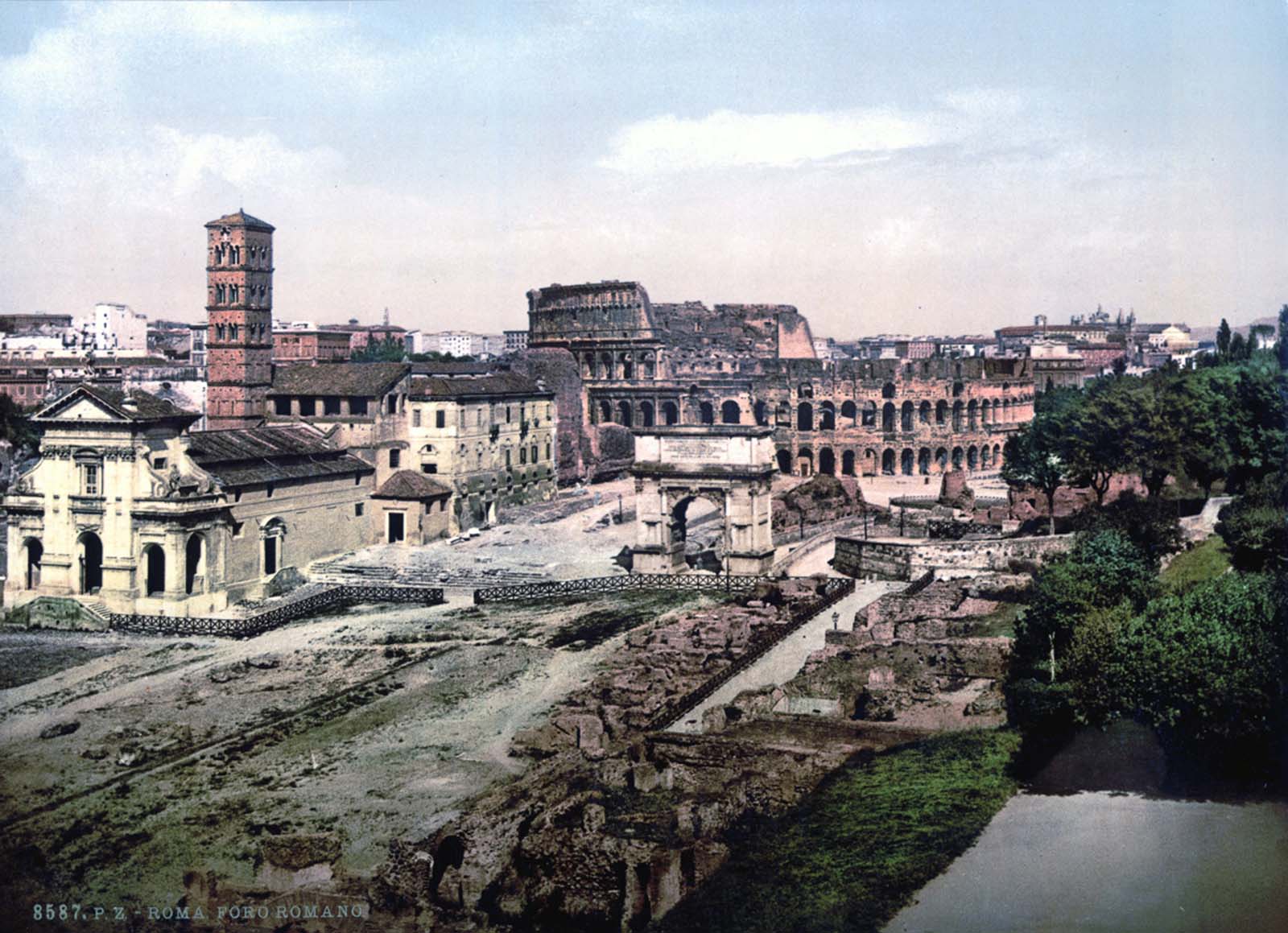
16. A view of the Forum
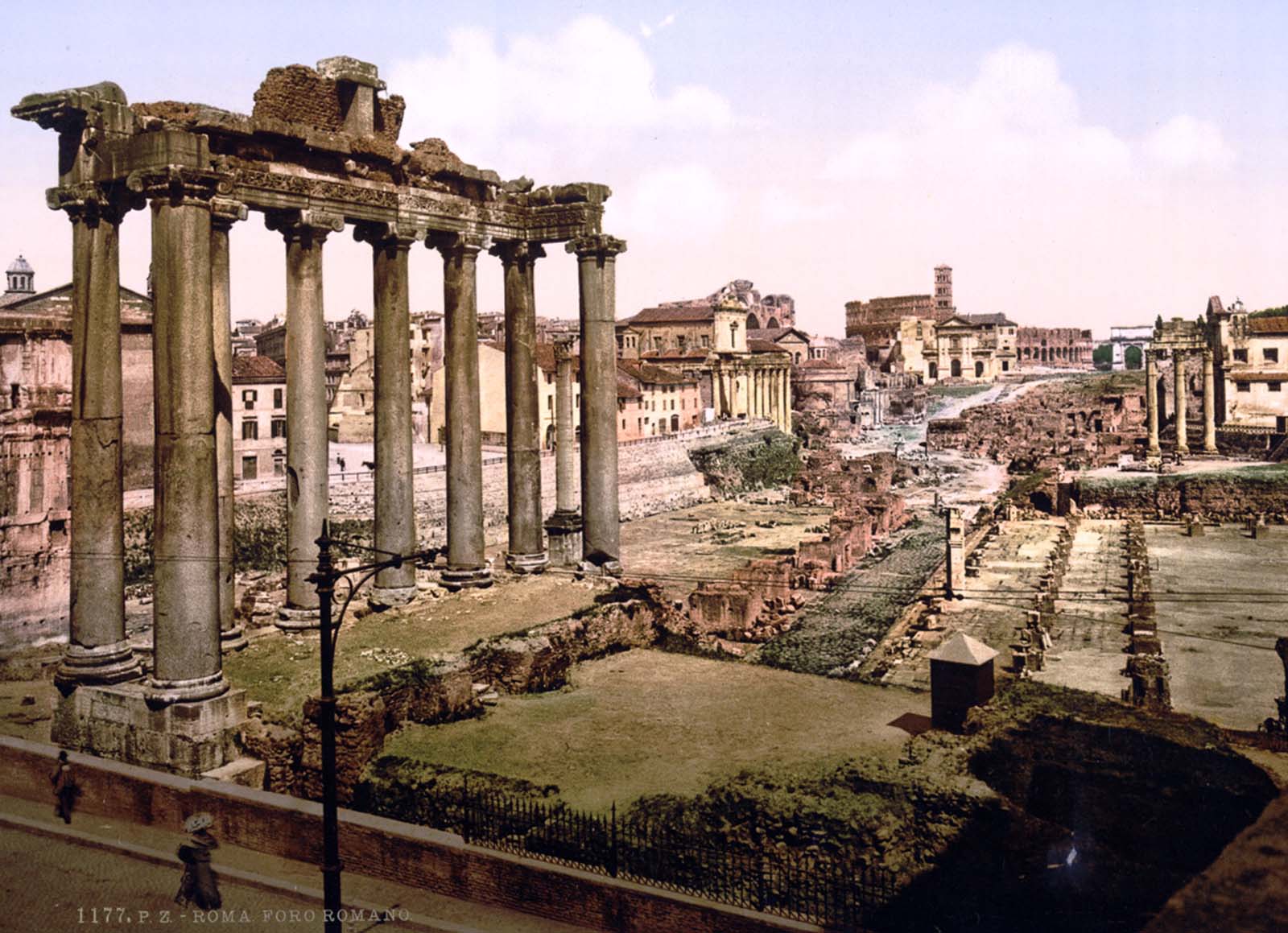
17. The Forum Romano
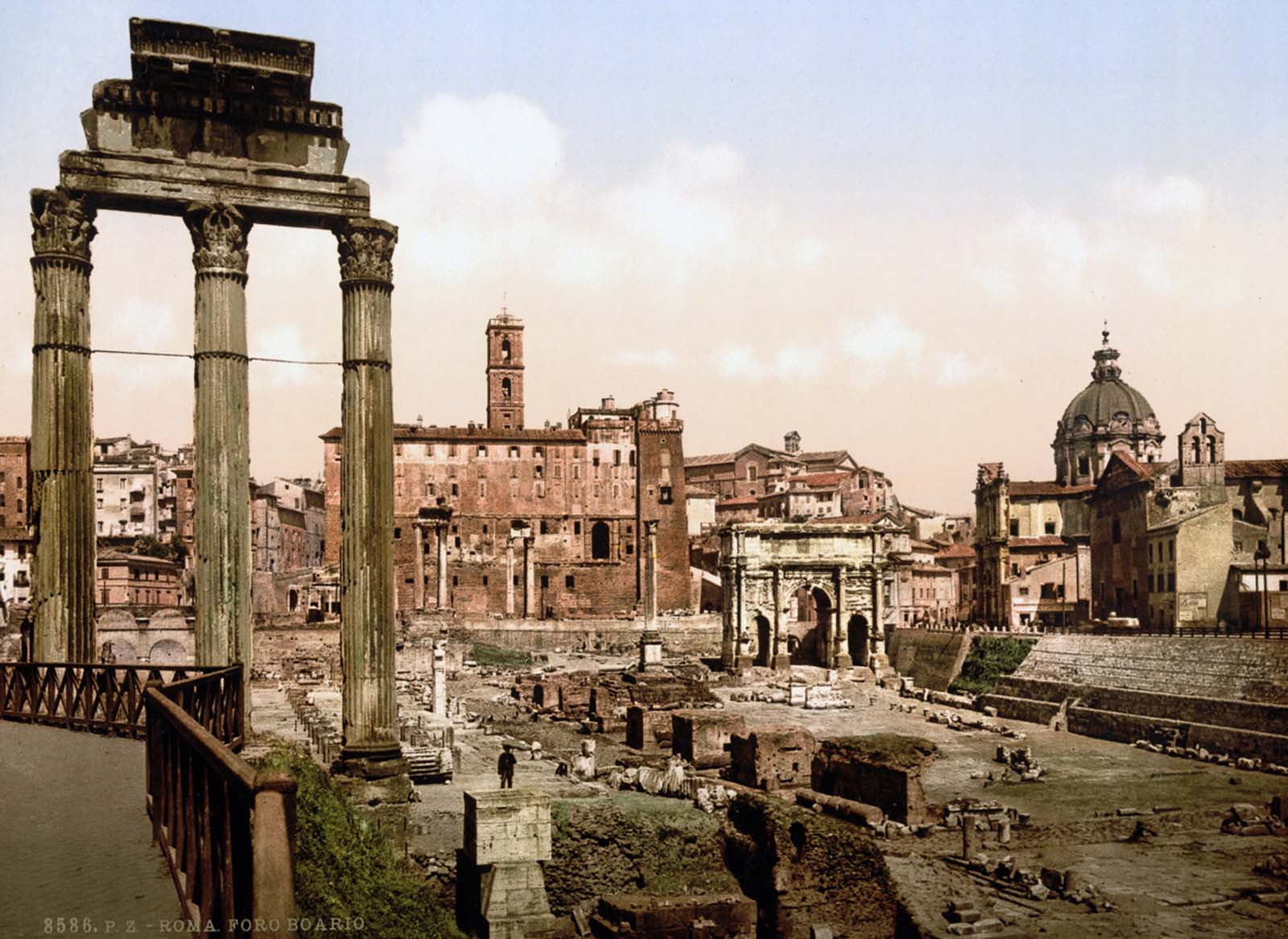
18. Trajan’s Column
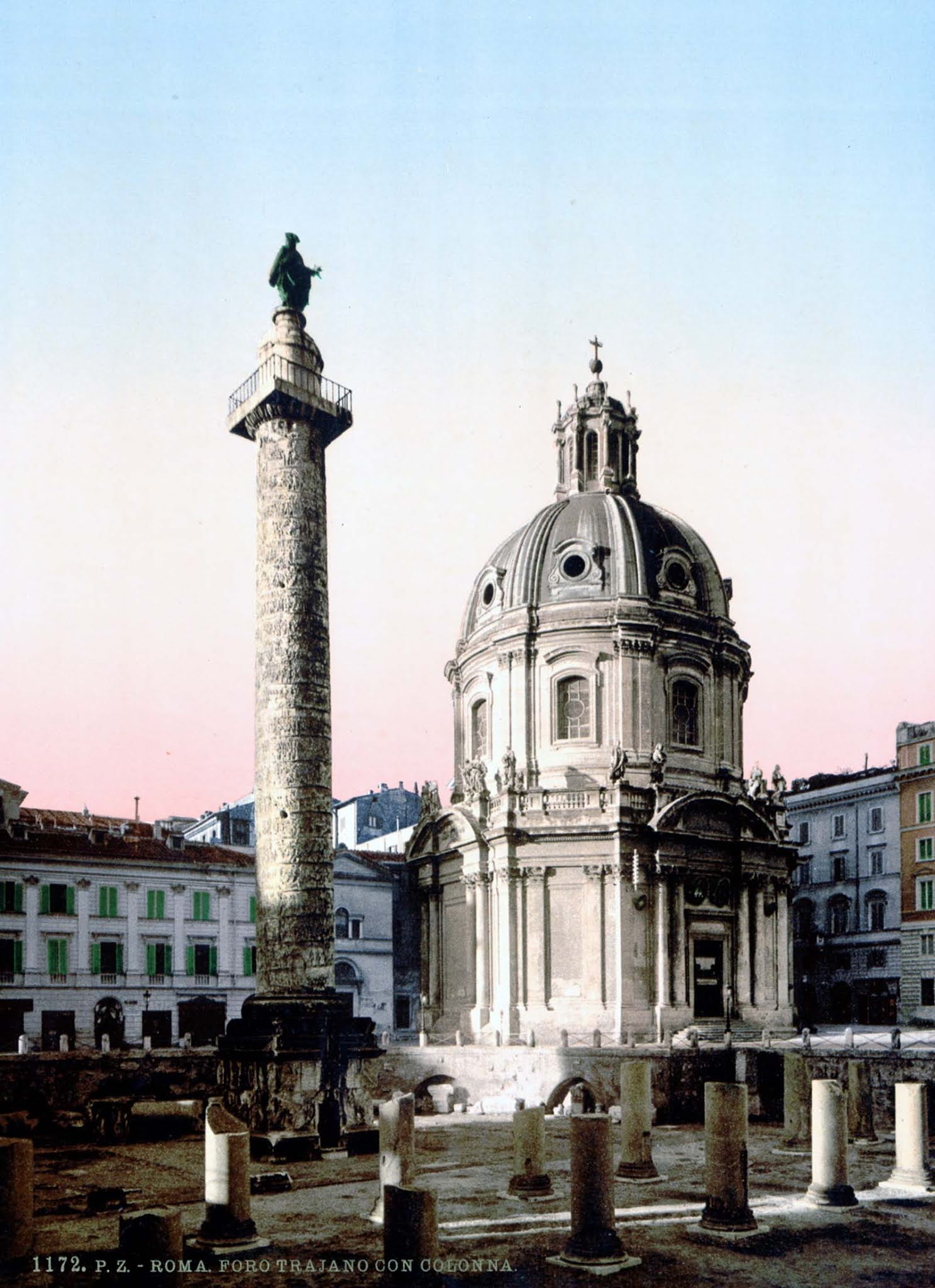
19. The bridge and castle of St. Angelo
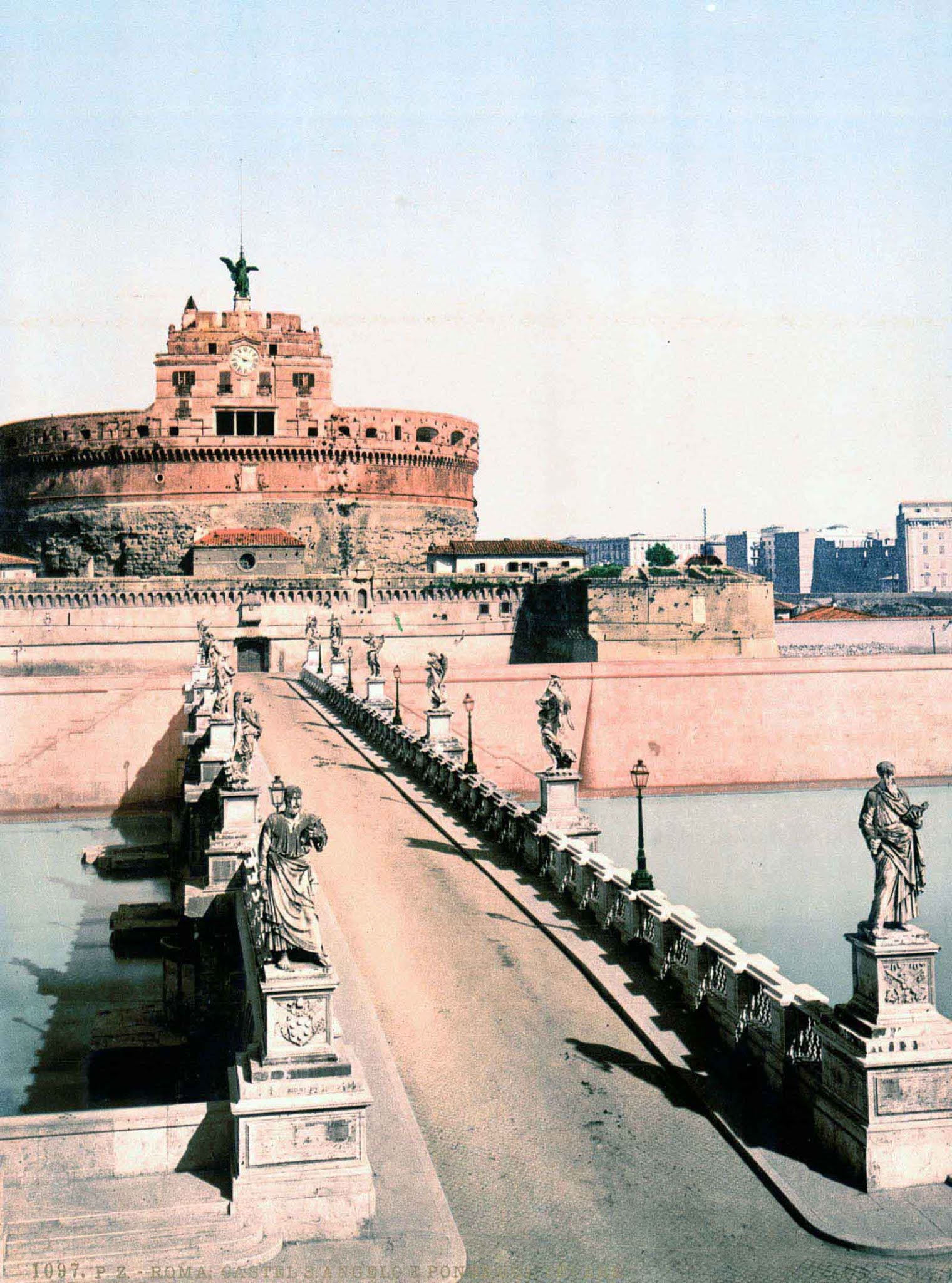
20. The ruins of the Temple of Castor and Pollux
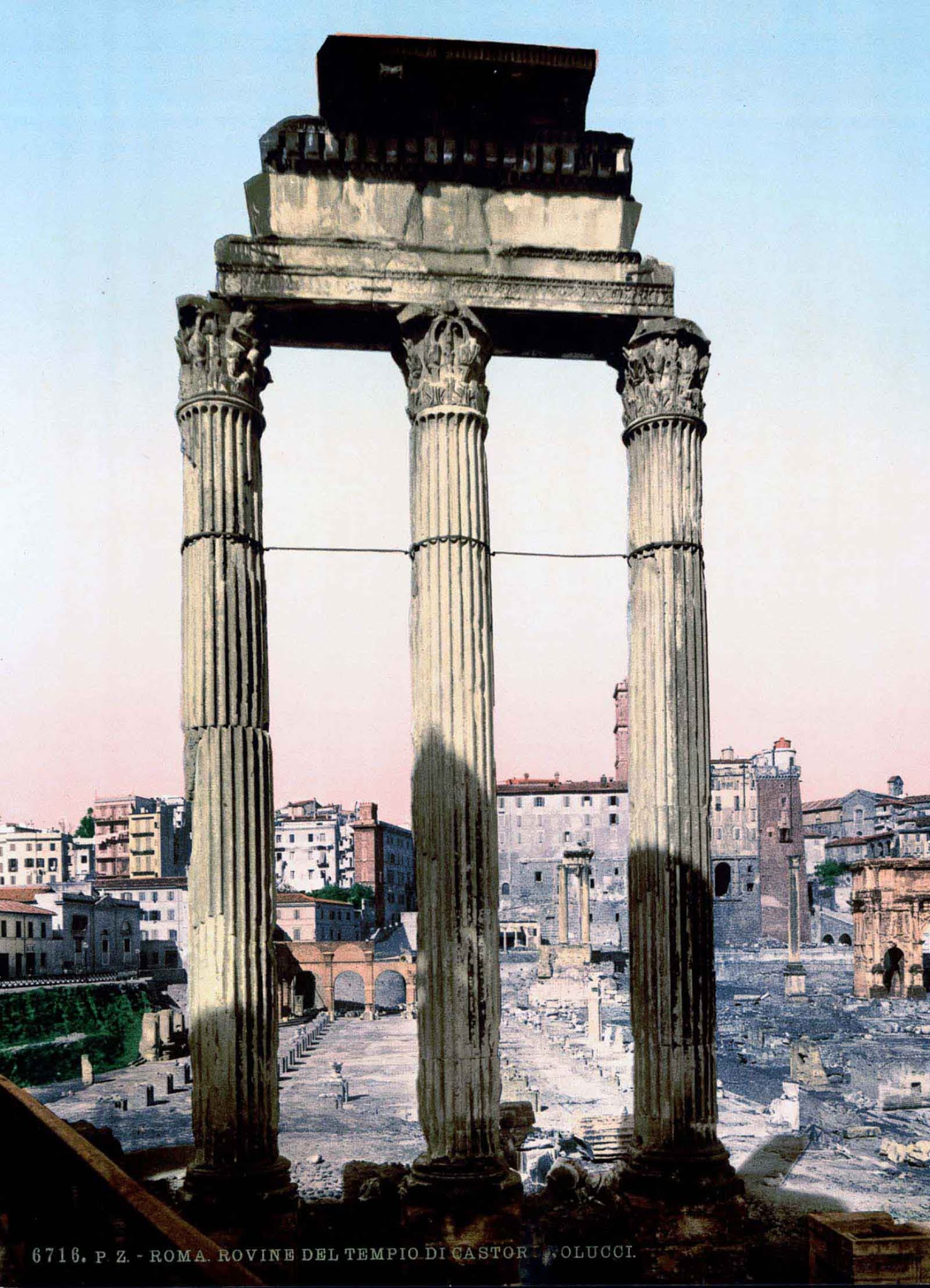
21. The Temple of Bosco
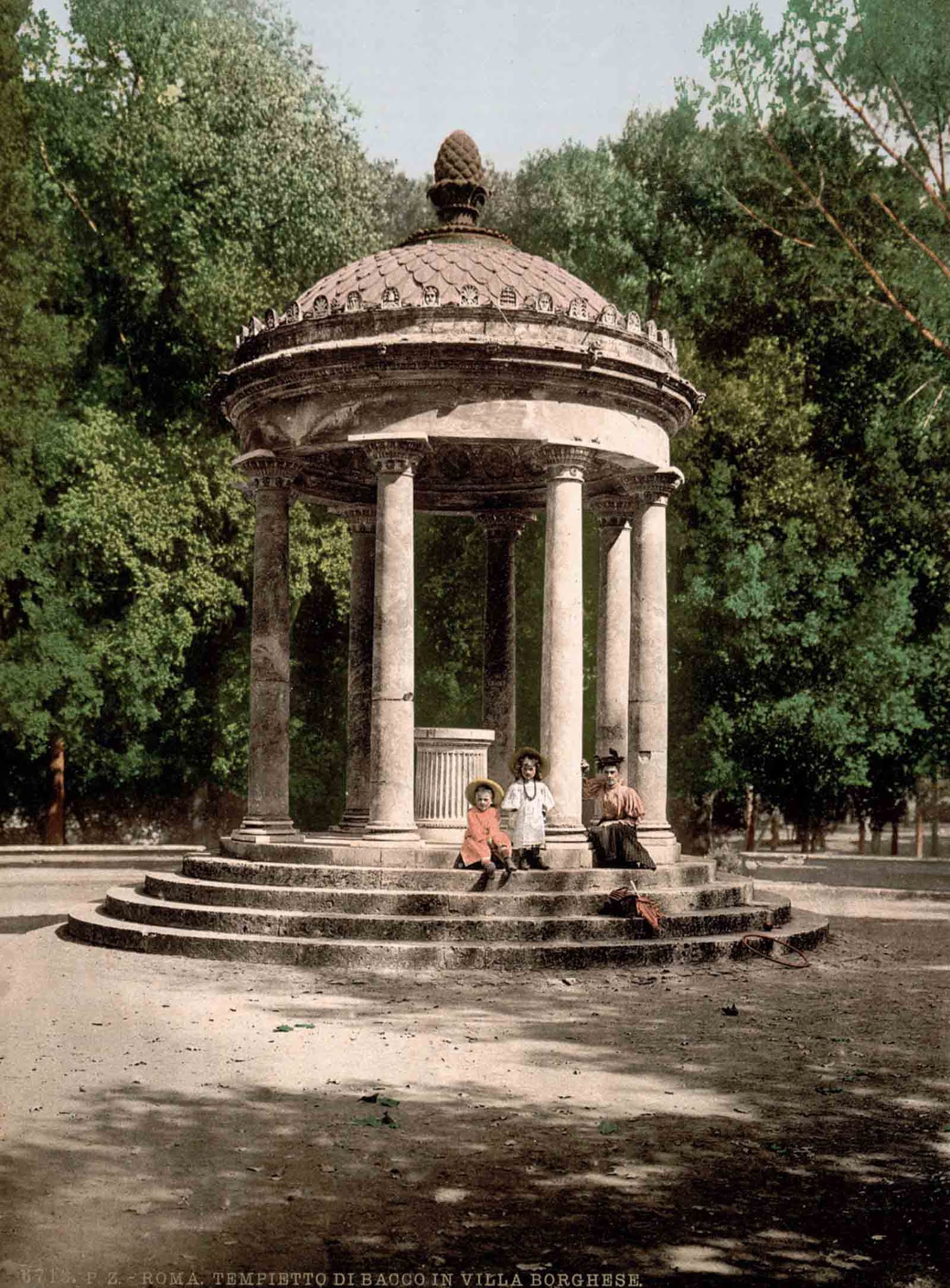
22. Inside the Coliseum
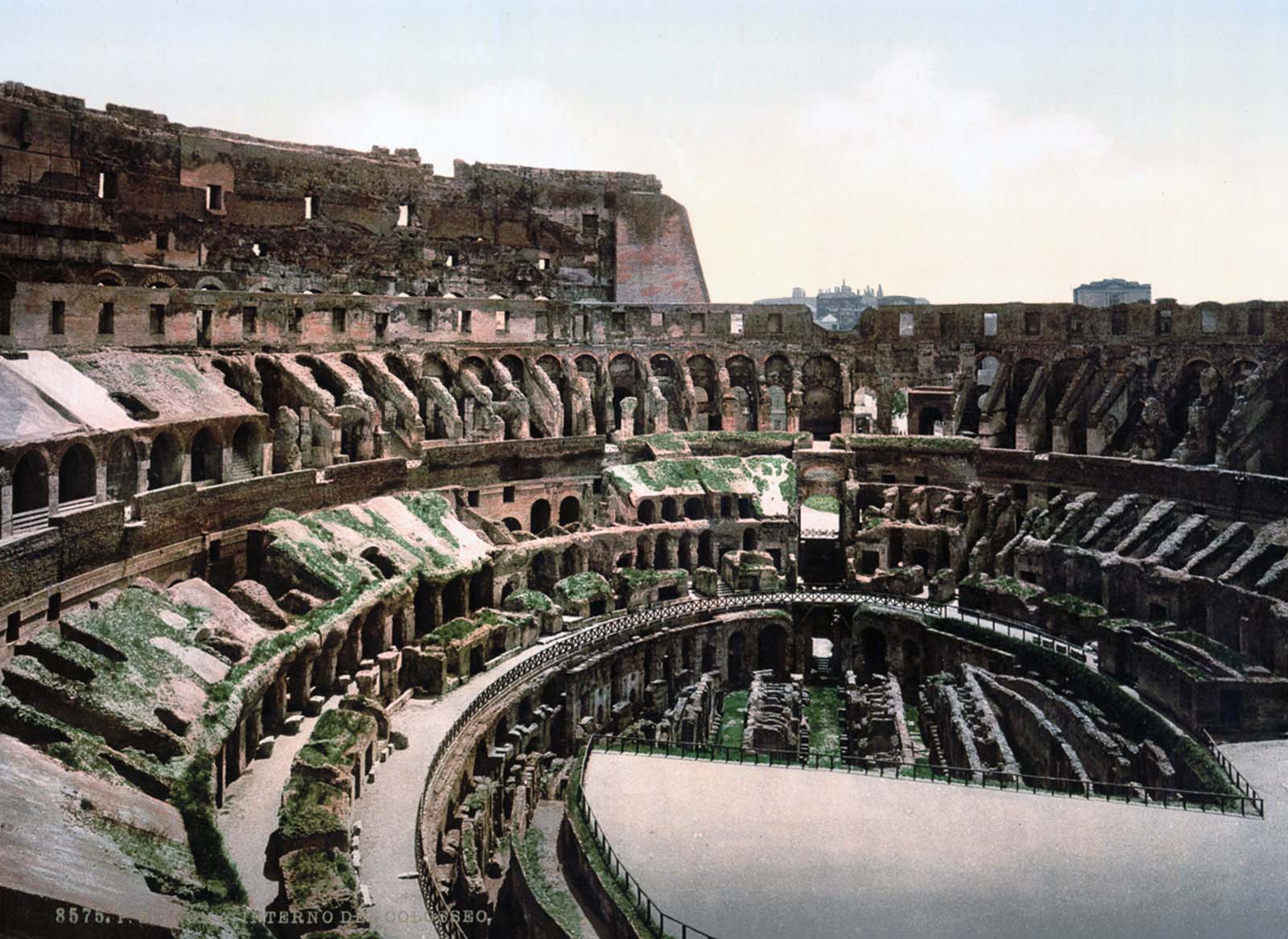
23. The Coliseum and Meta Sudans
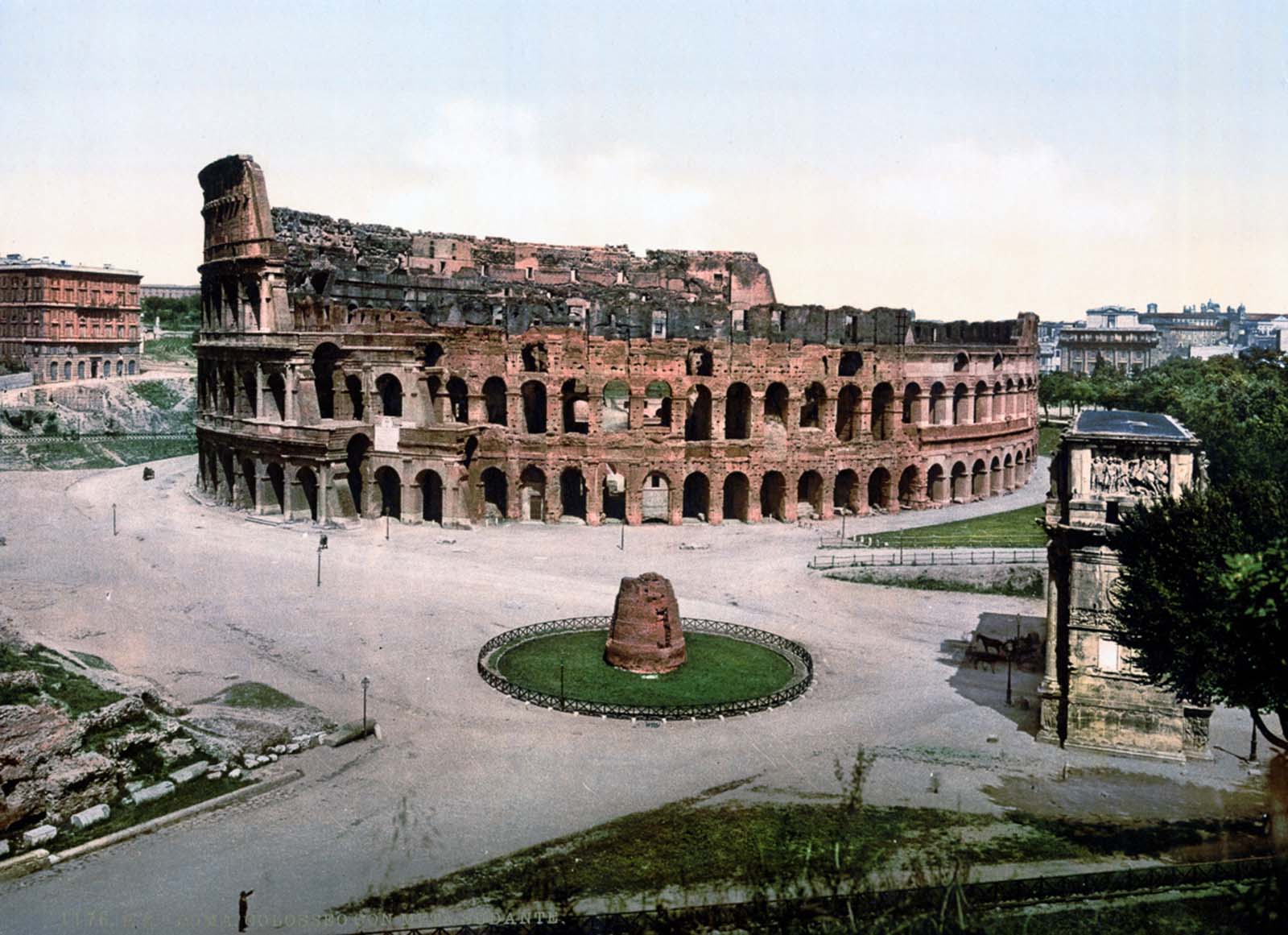
24. The Fountain of the Naiads in Piazza della Repubblica
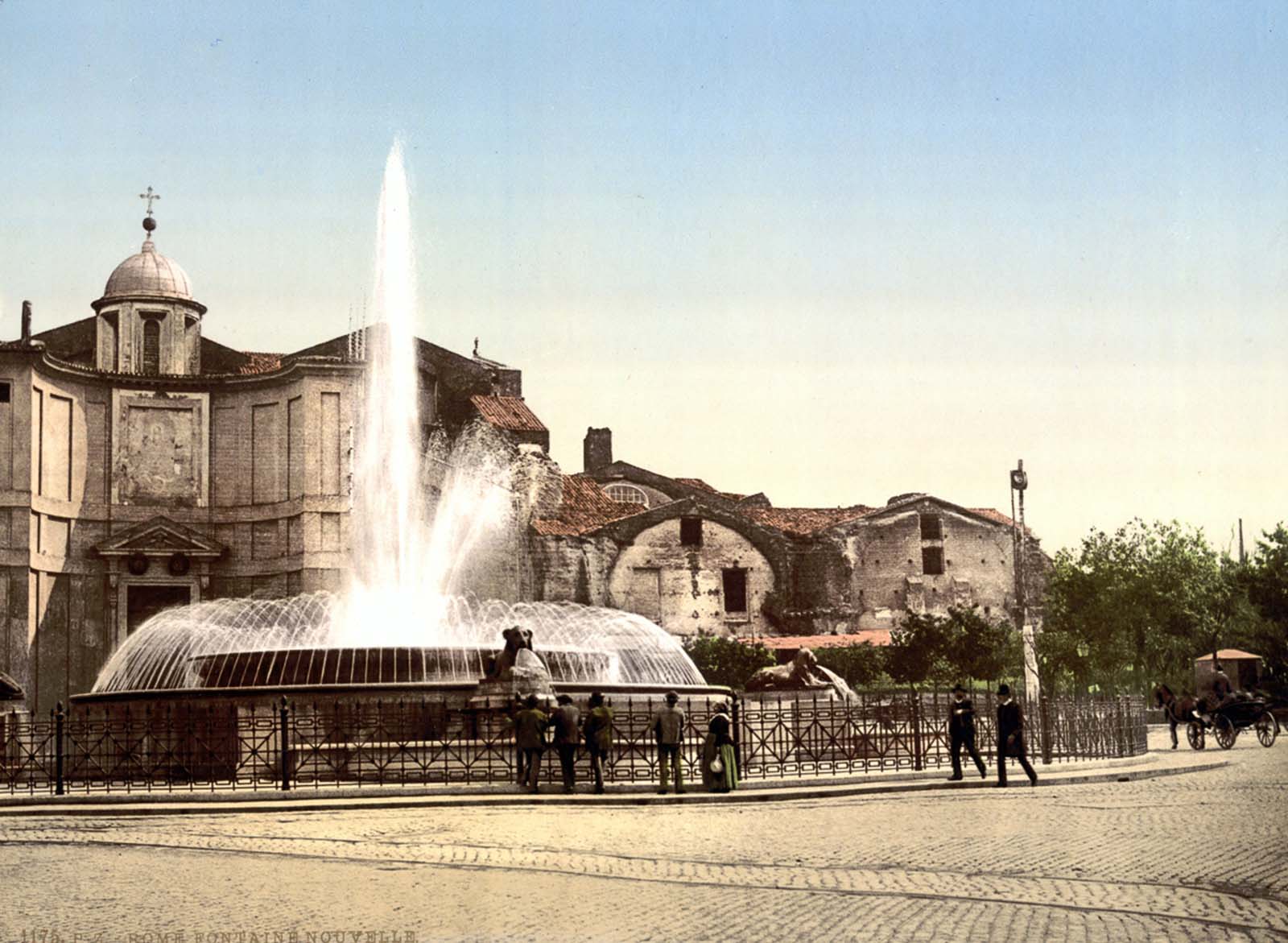
25. The Piazza del Campidoglio
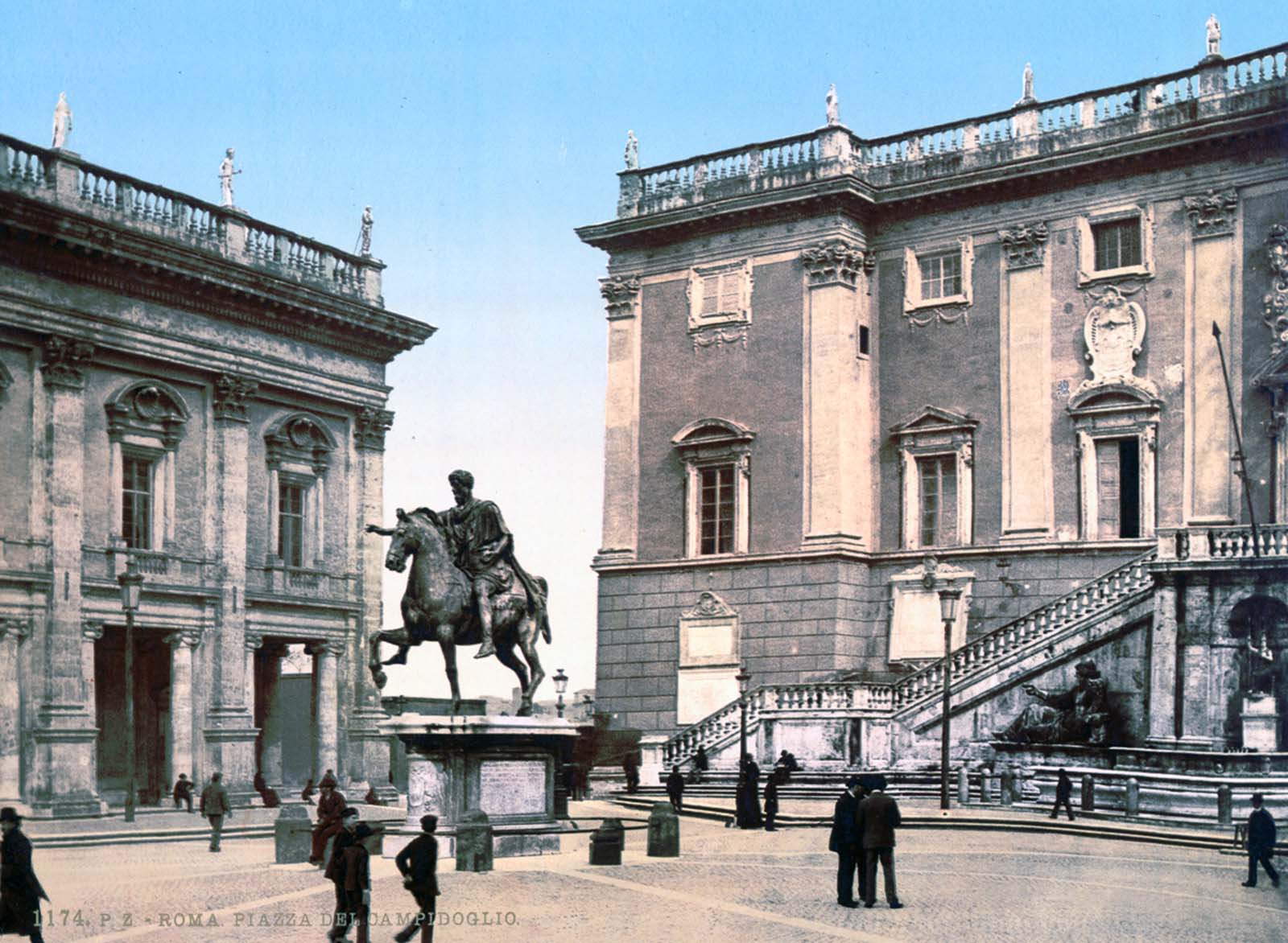
26. On the Capitoline hill
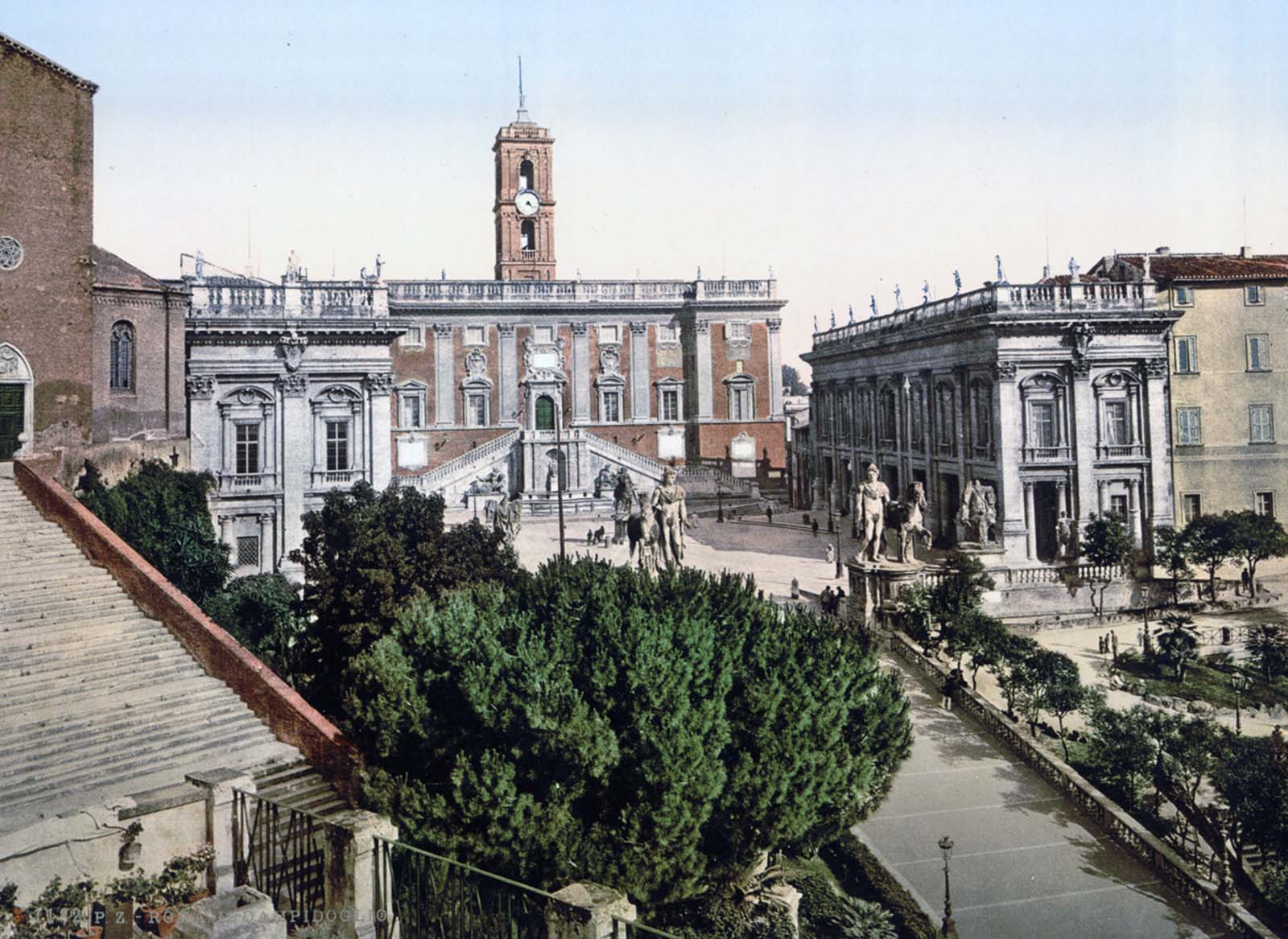
27. The Temple of Saturn and Triumphal Arch of Septimus Severus
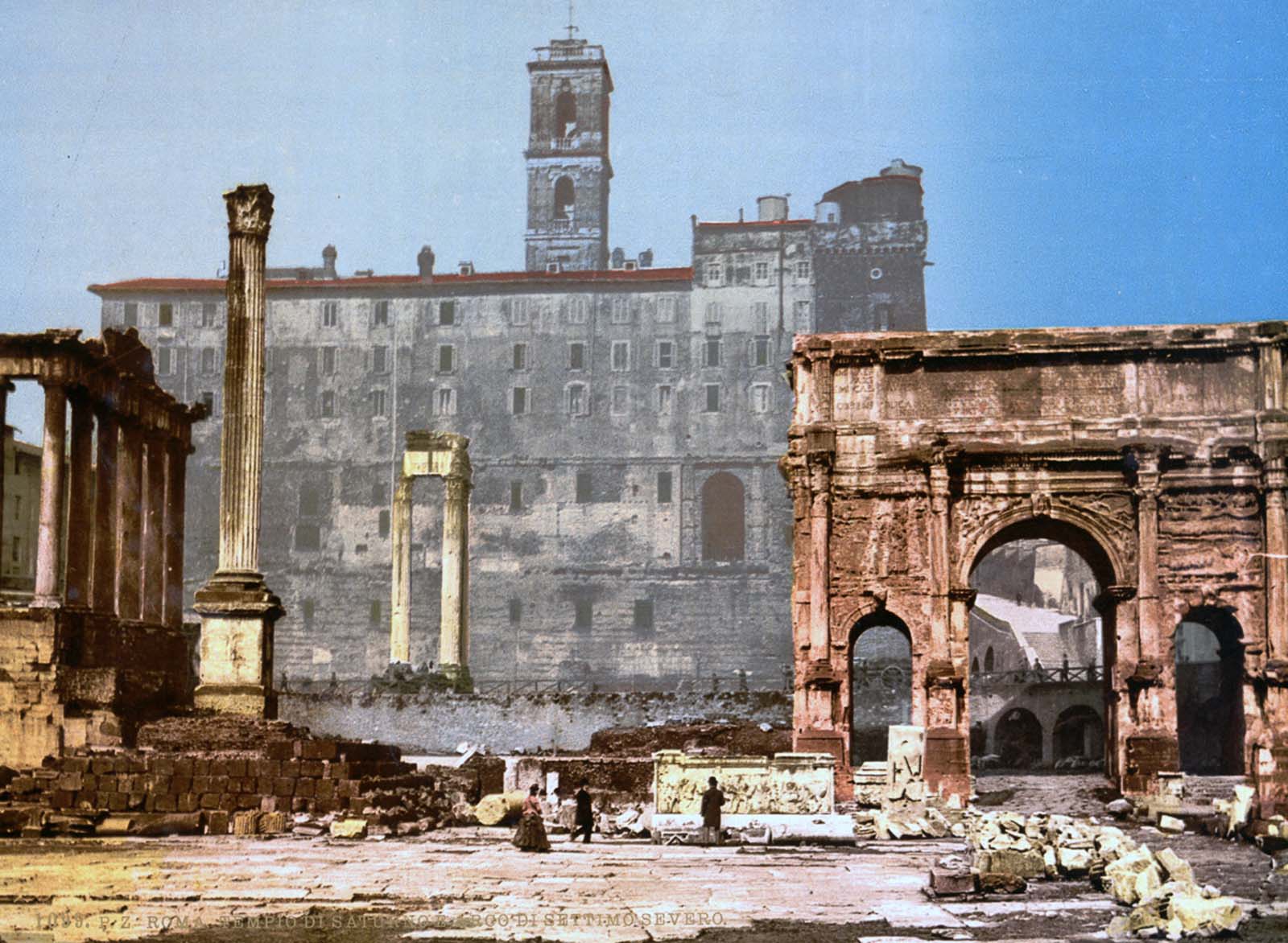
28. The Piazza Navona
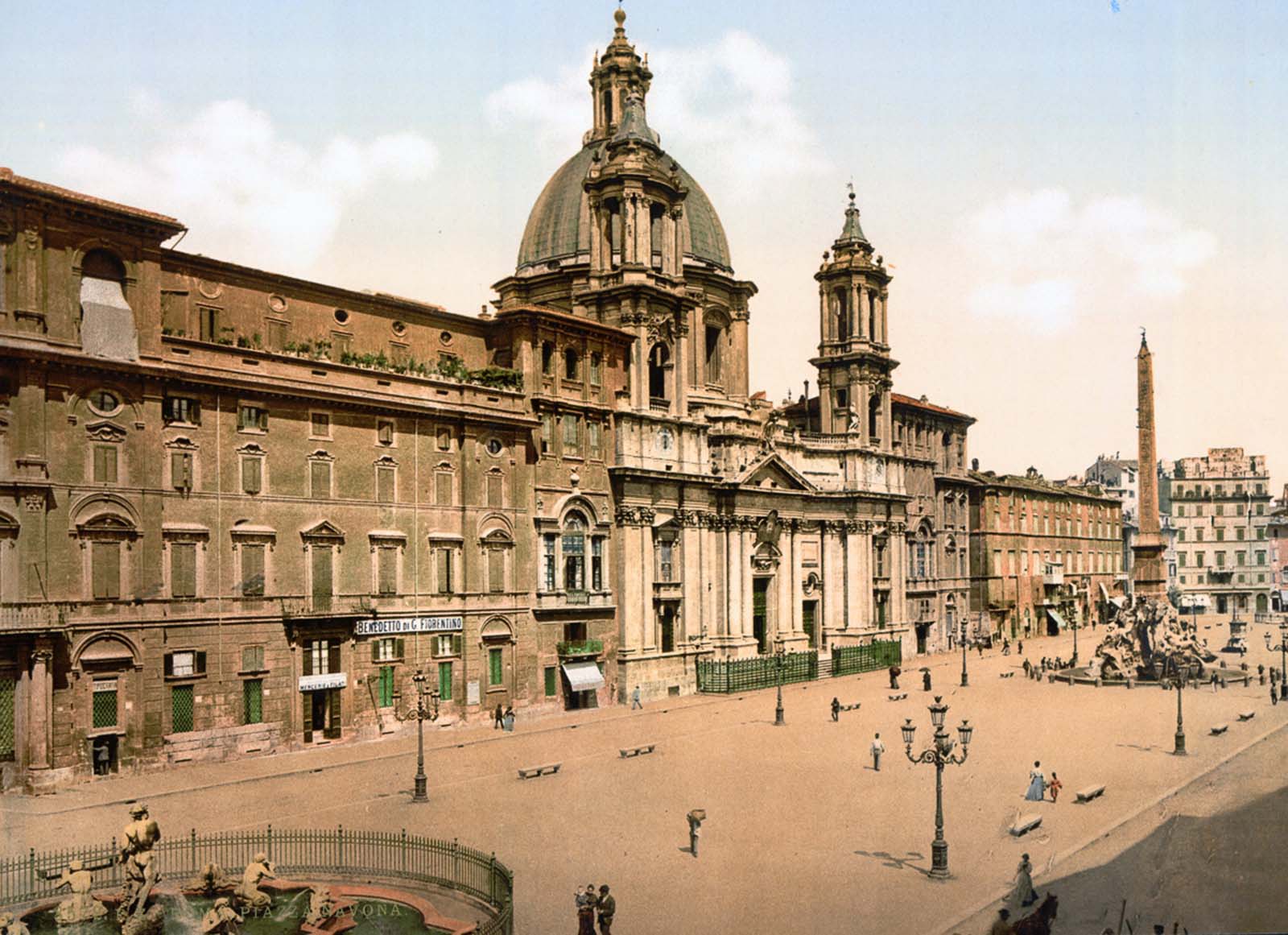
29. The tomb of Victor Emmanuel
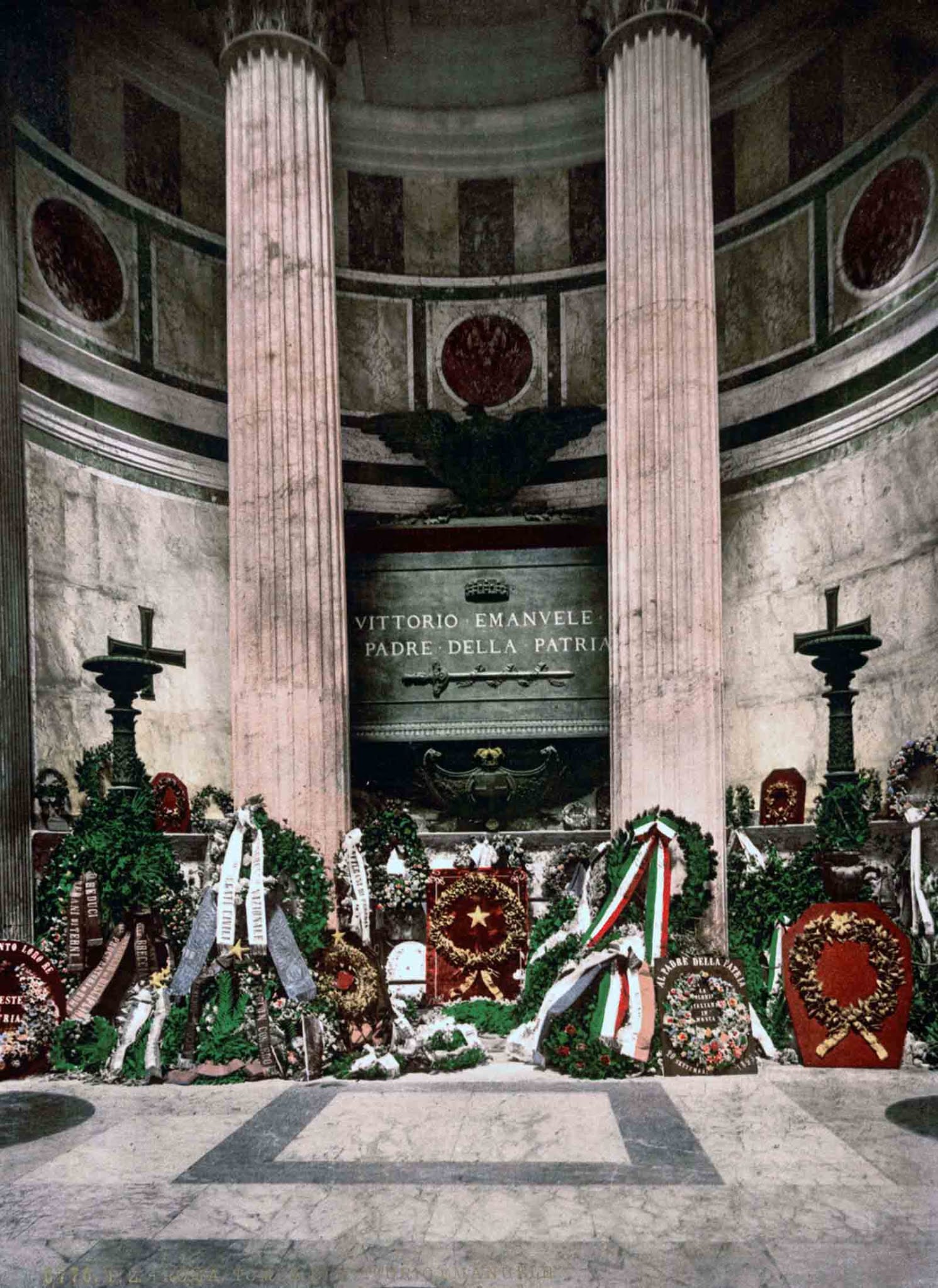
30. Garibaldi’s Monument
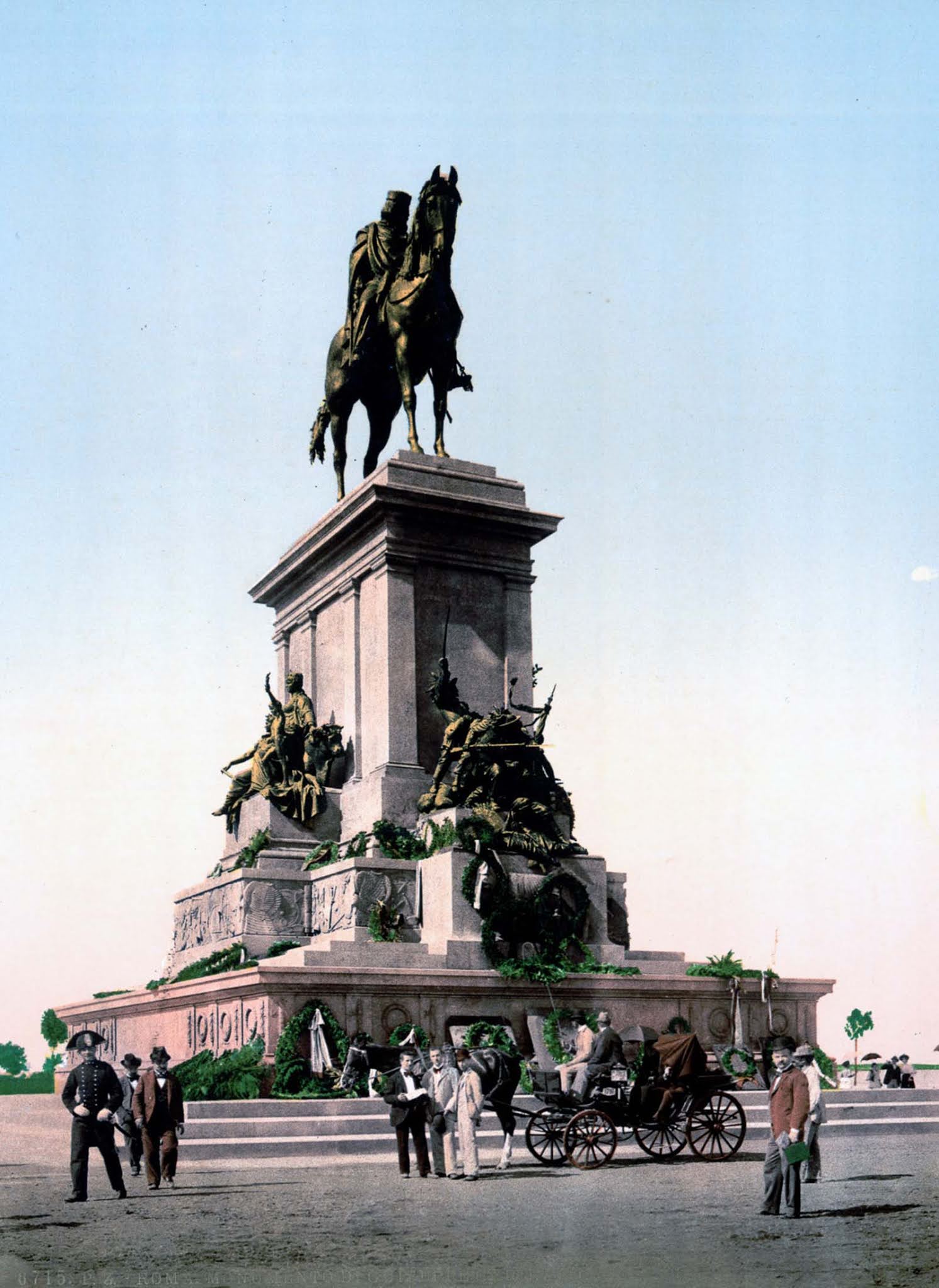
31. Tempio di Vesta Colla Fontana
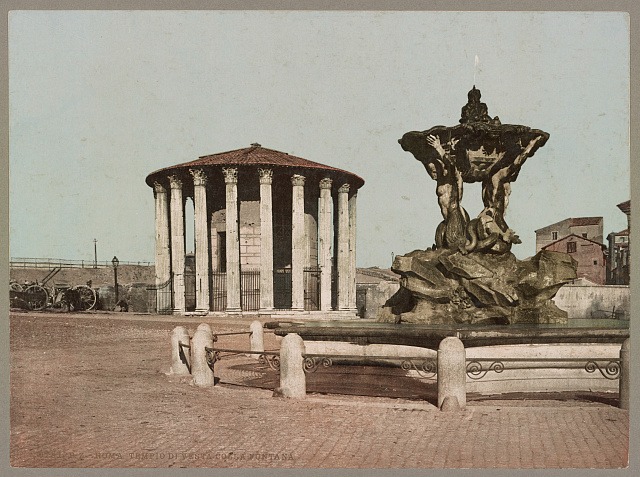
32. Amphitheatre of Tusculum
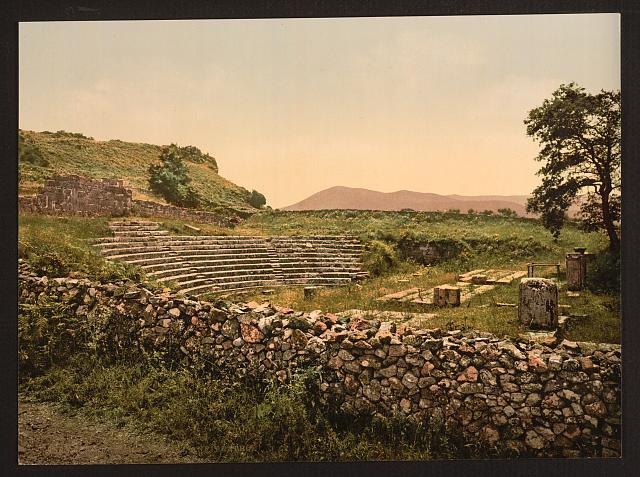
33. Outside the walls, San Lorenzo
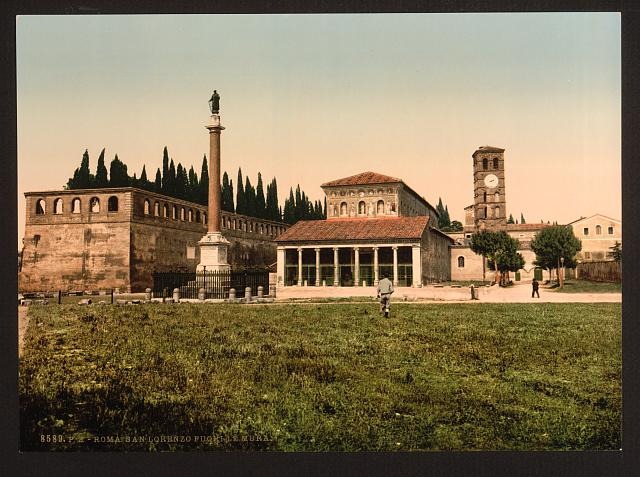
34. Great Cascade, Tivoli
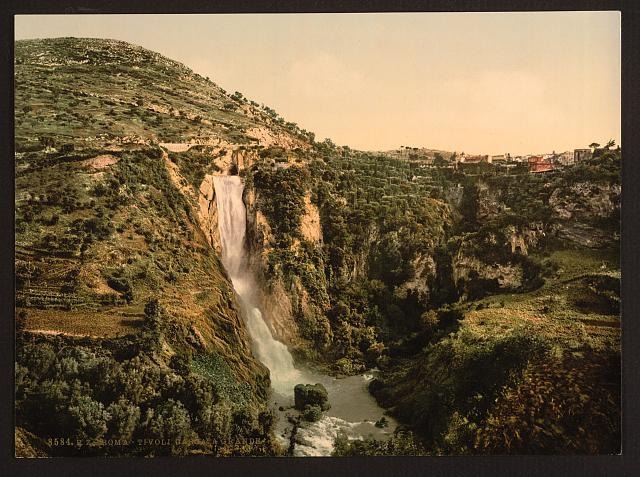
35. Santa Maria Maggiore
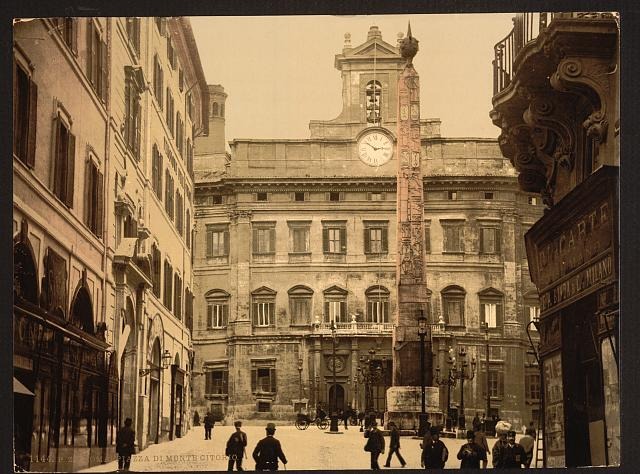
36. The Vatican I
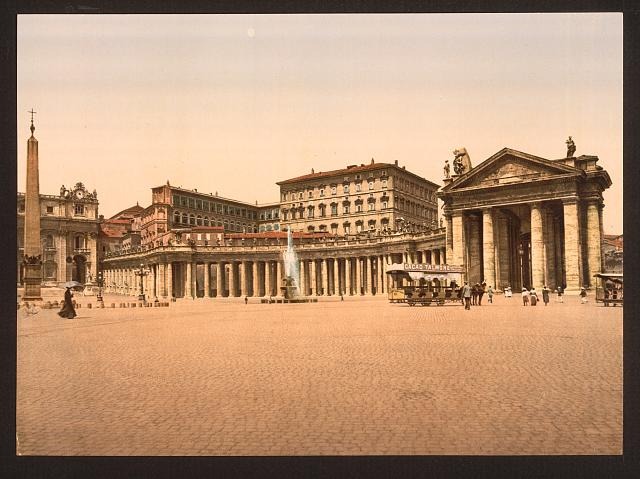
37. Statue by Michael Angelo, “The Seated Moses”
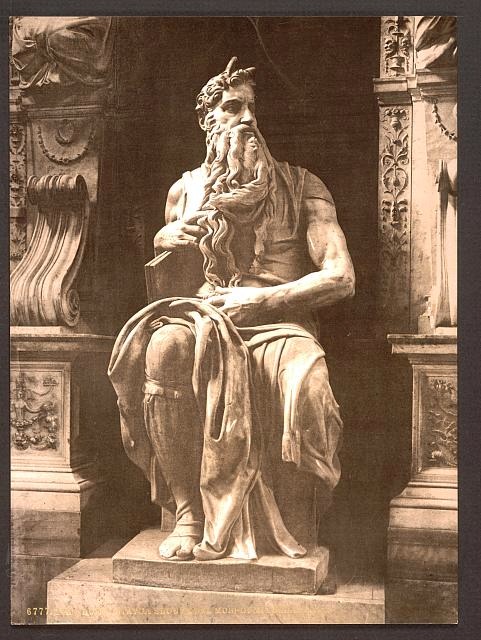
38. Il Pantheon
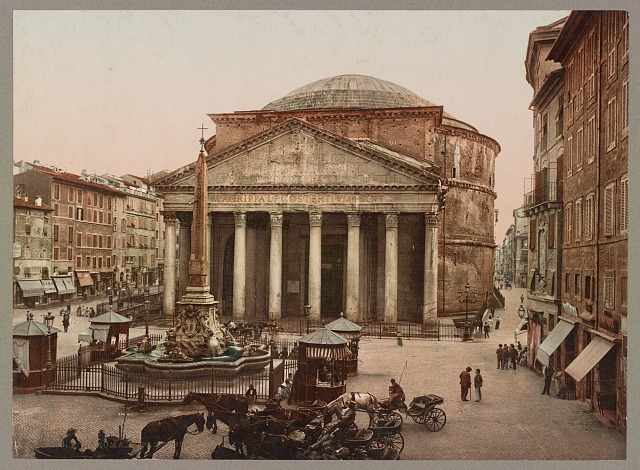
39. Arco di Constantino
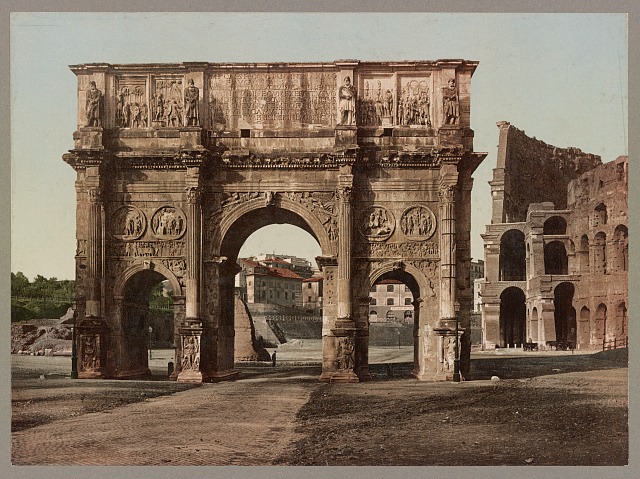
40. Foro Traiano
